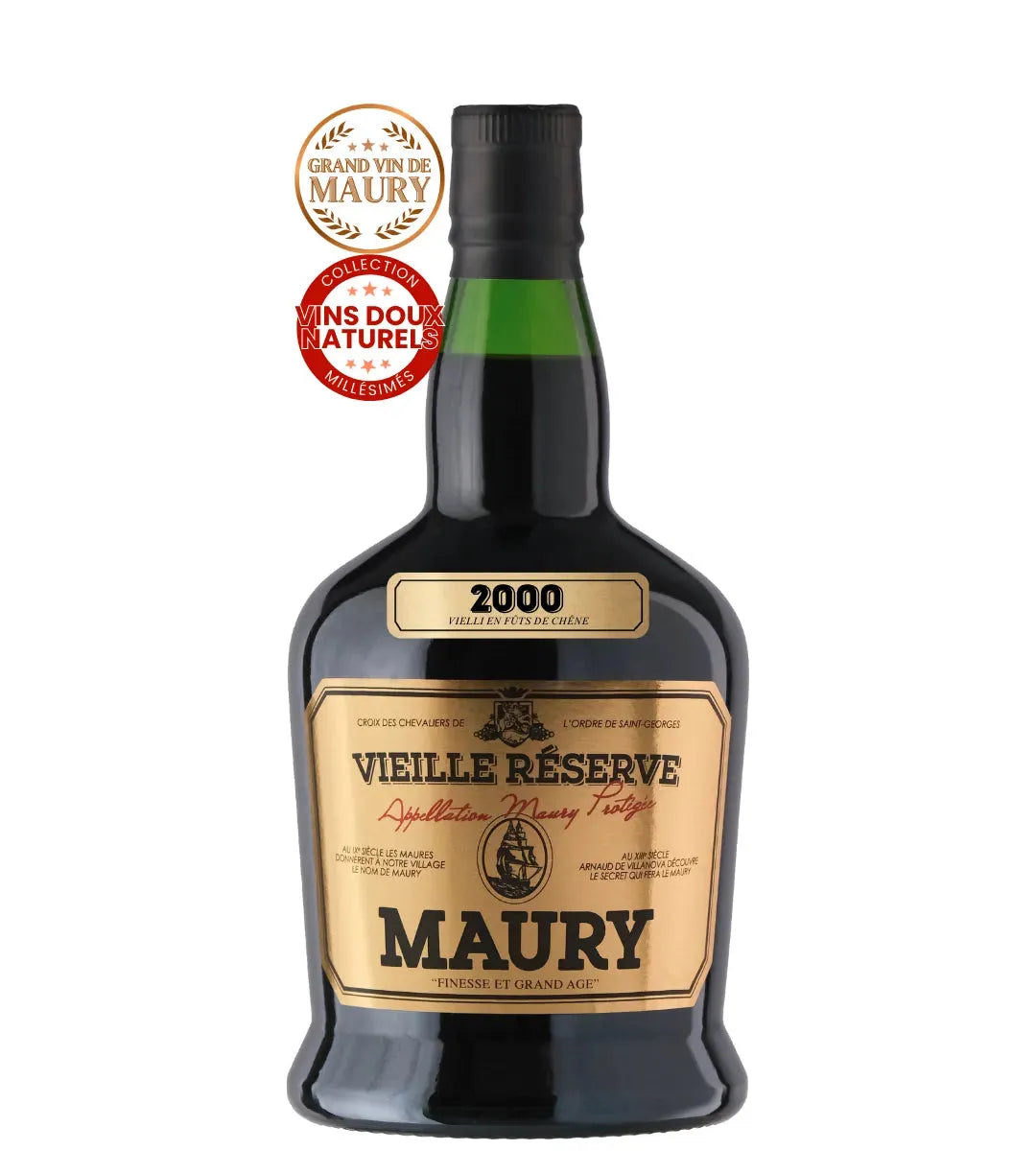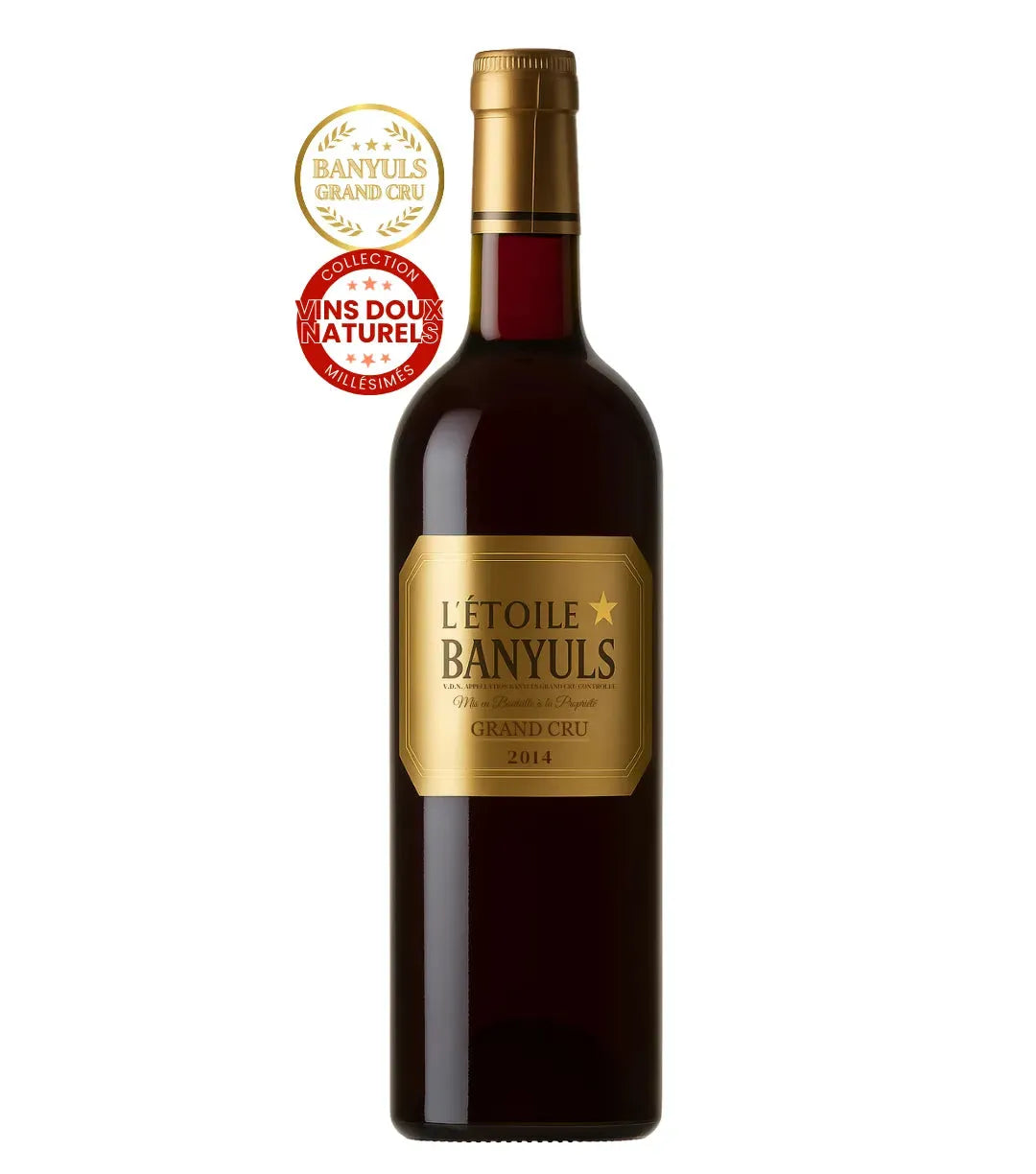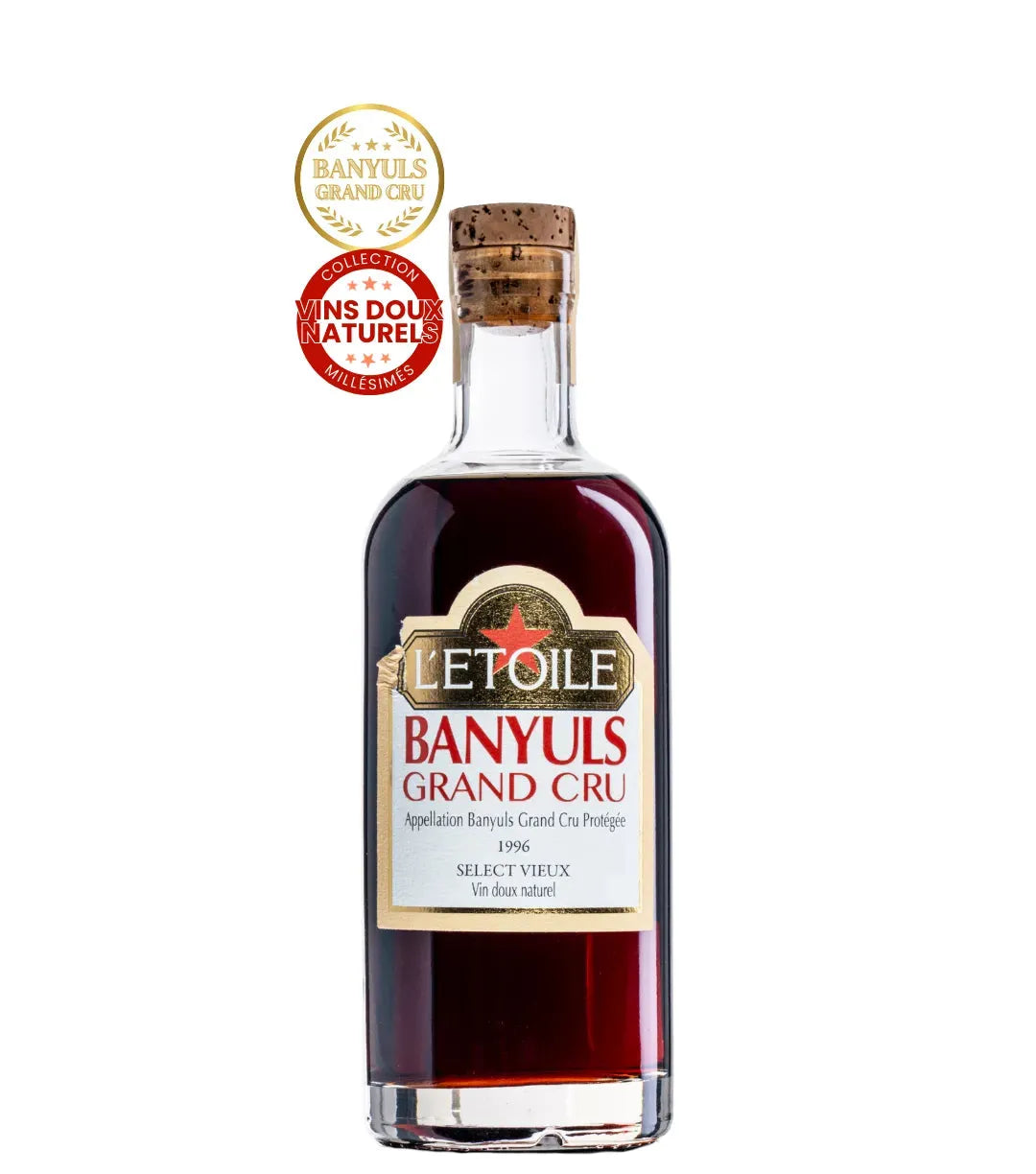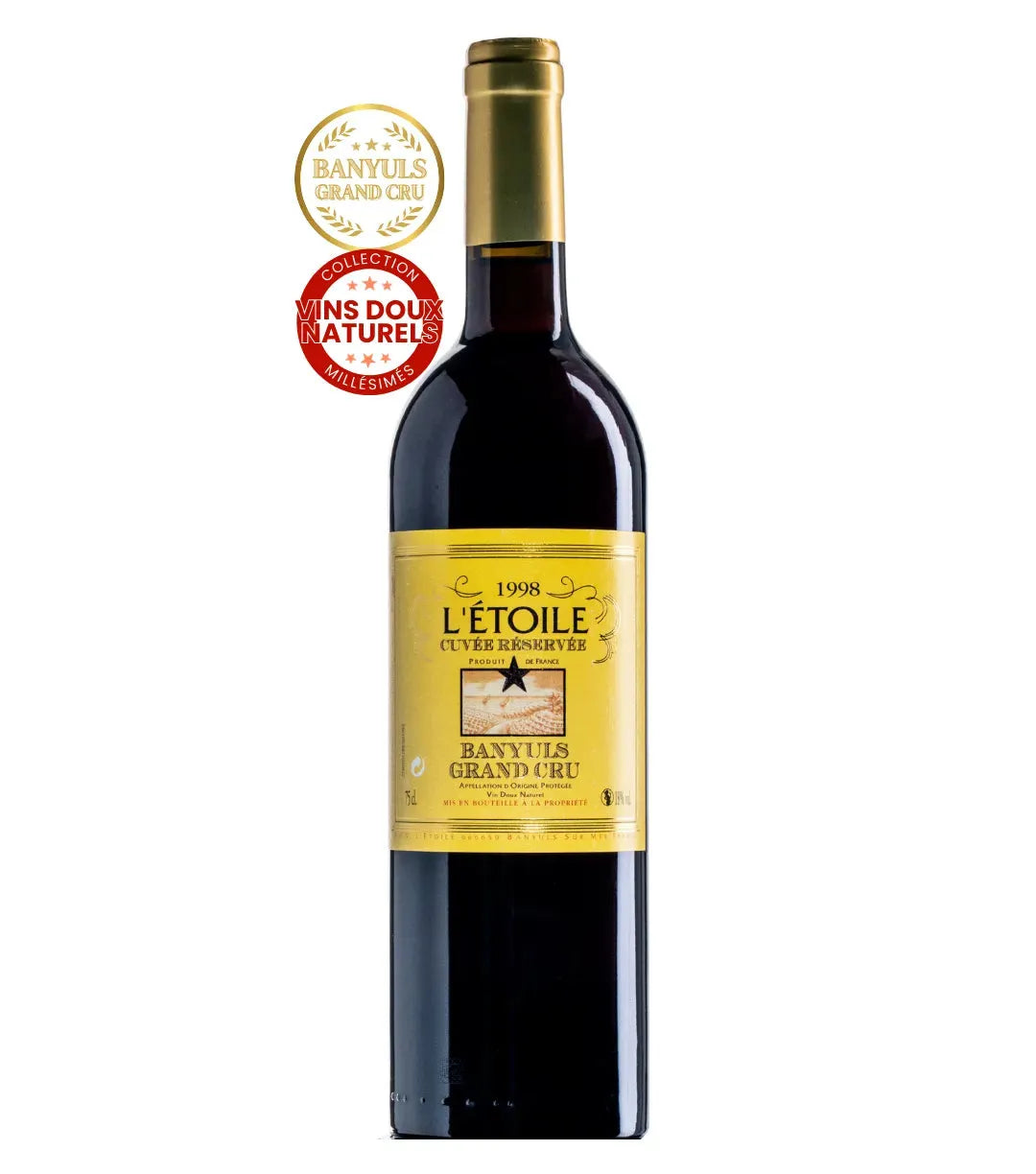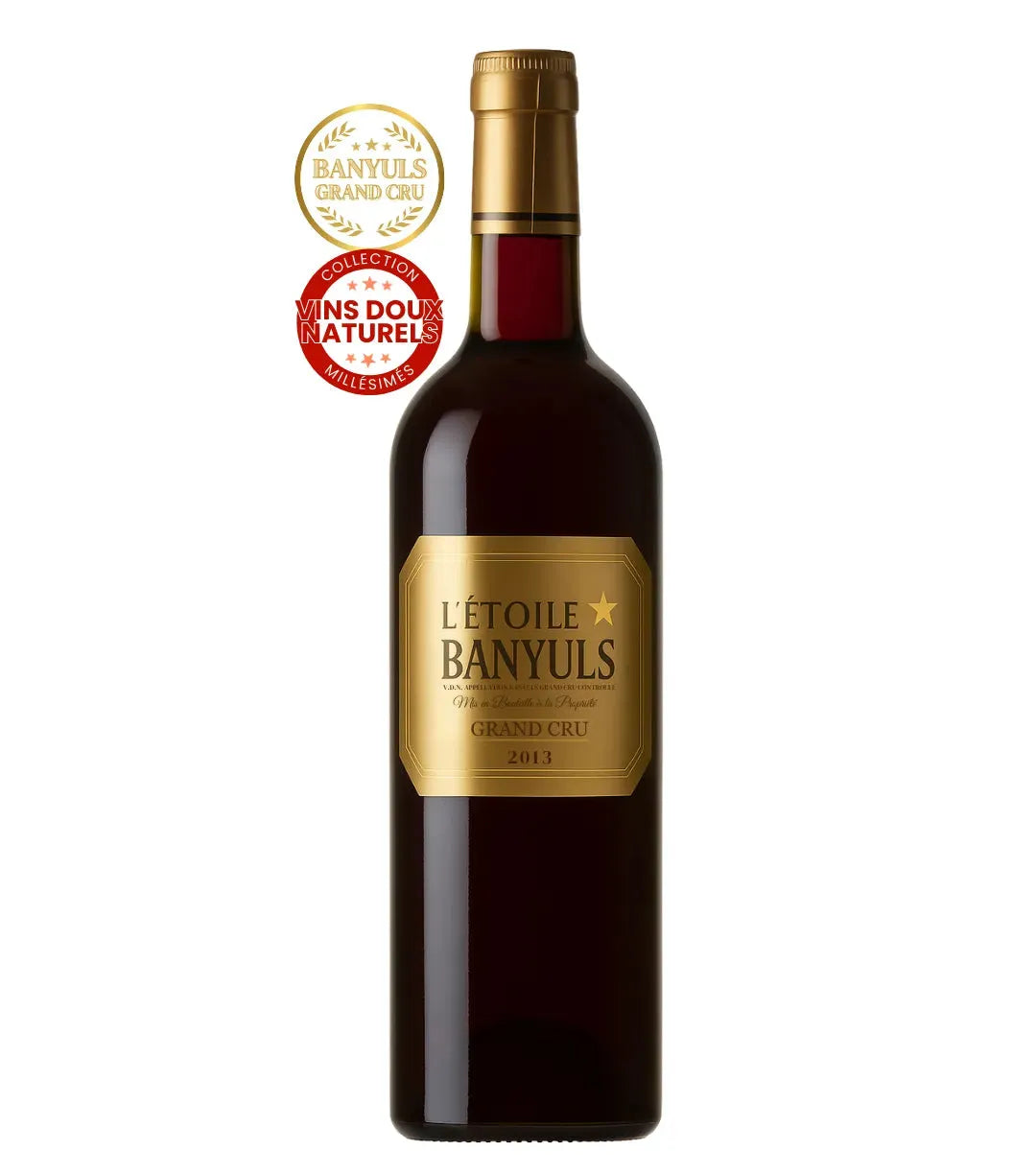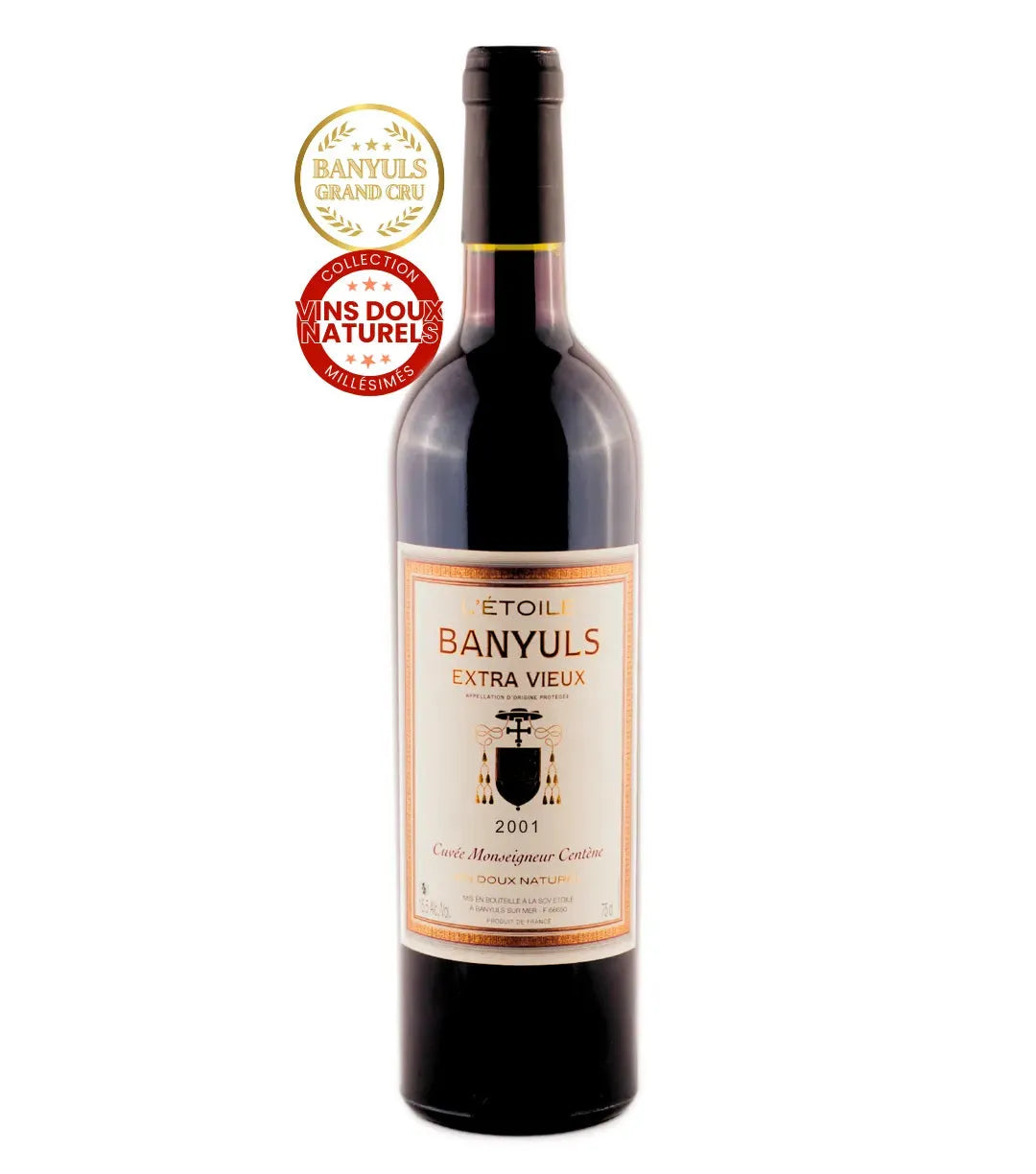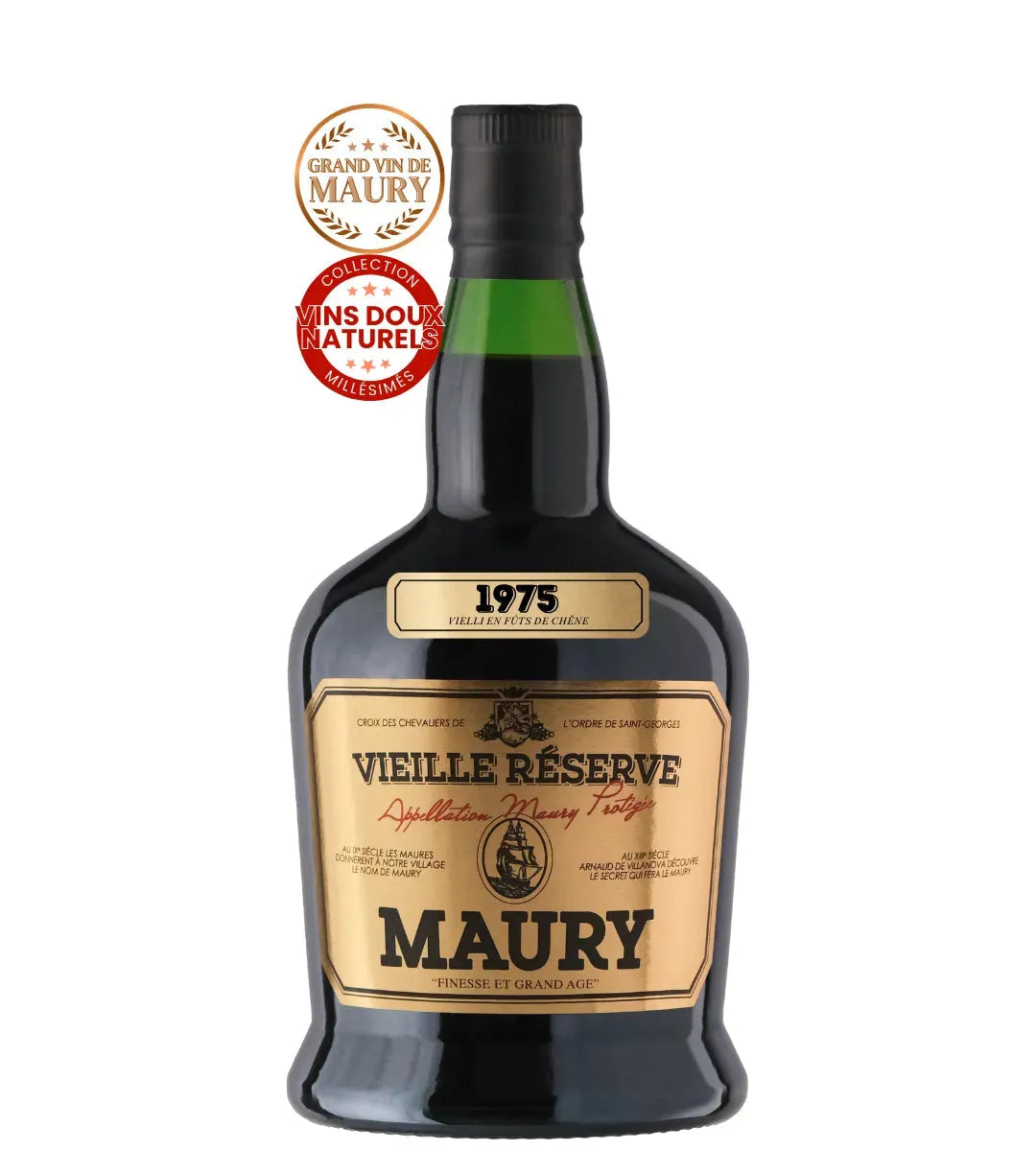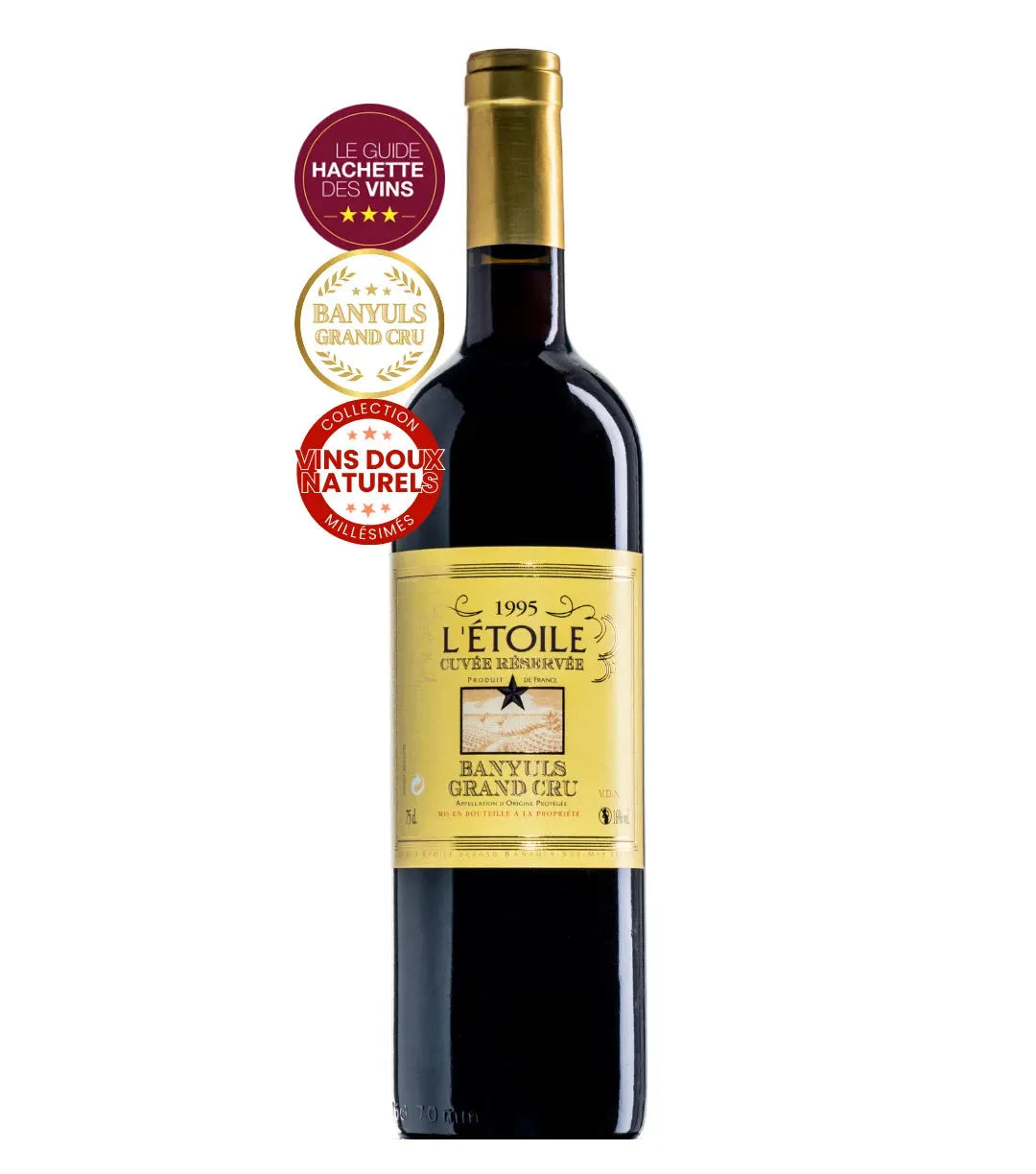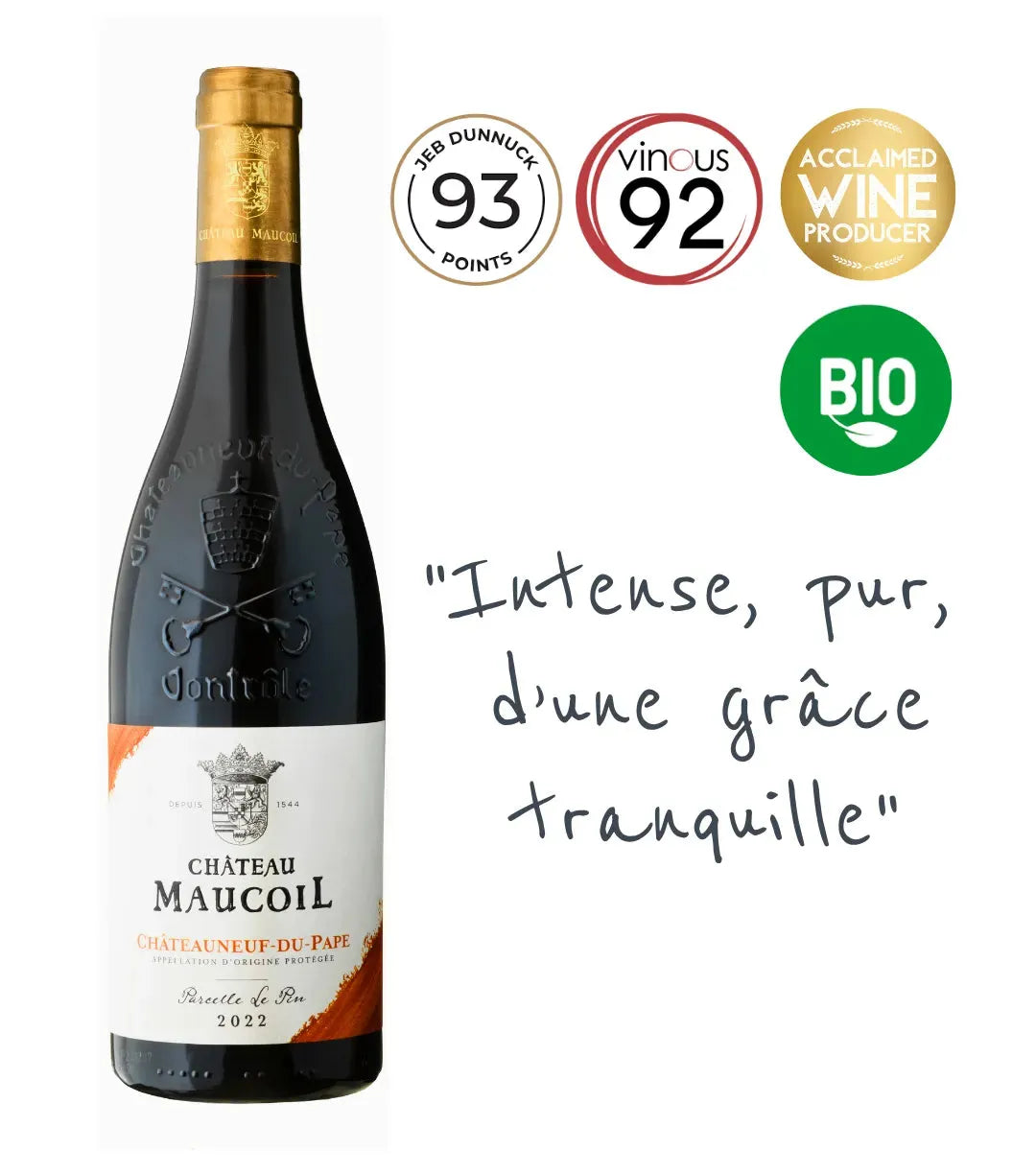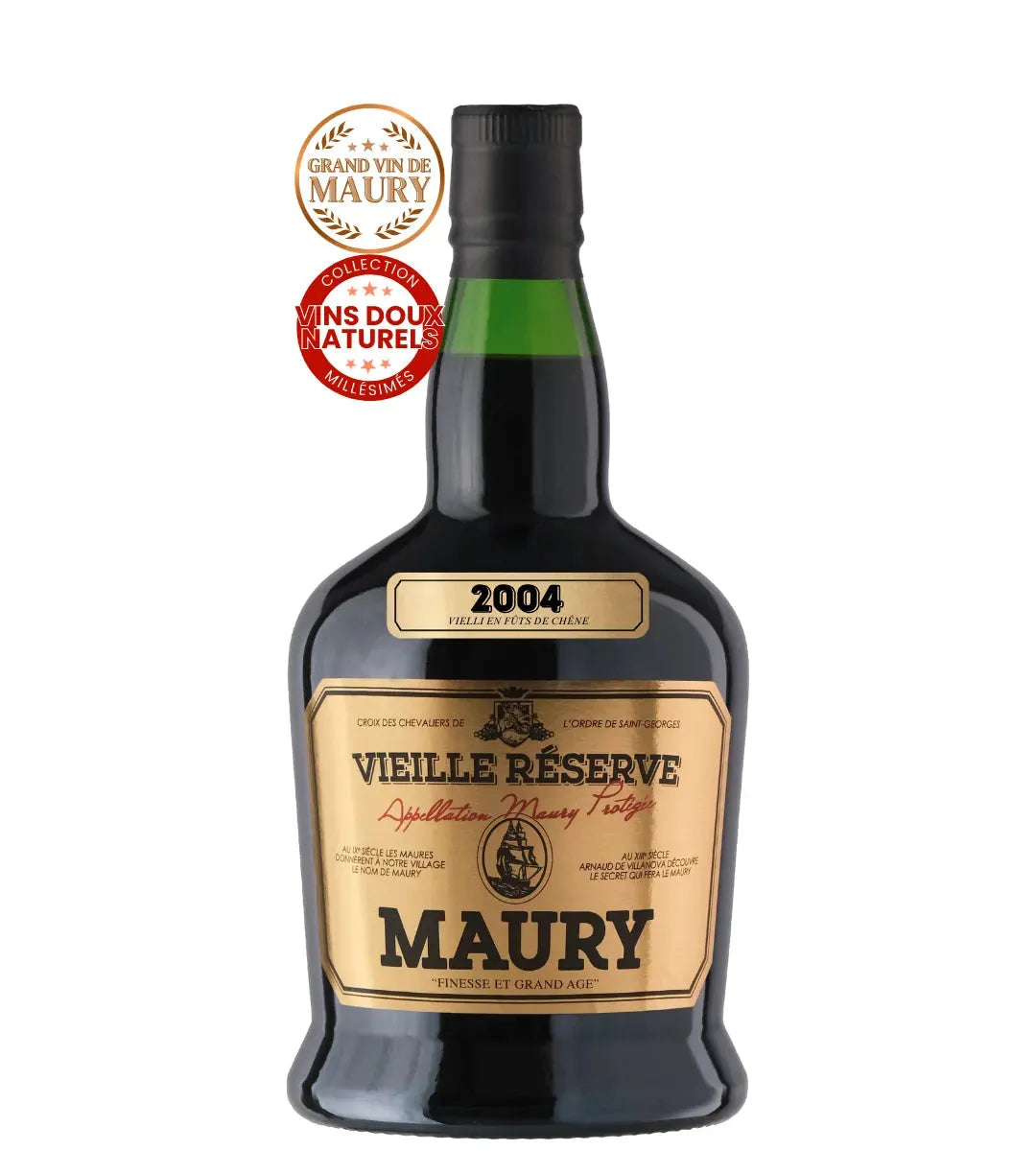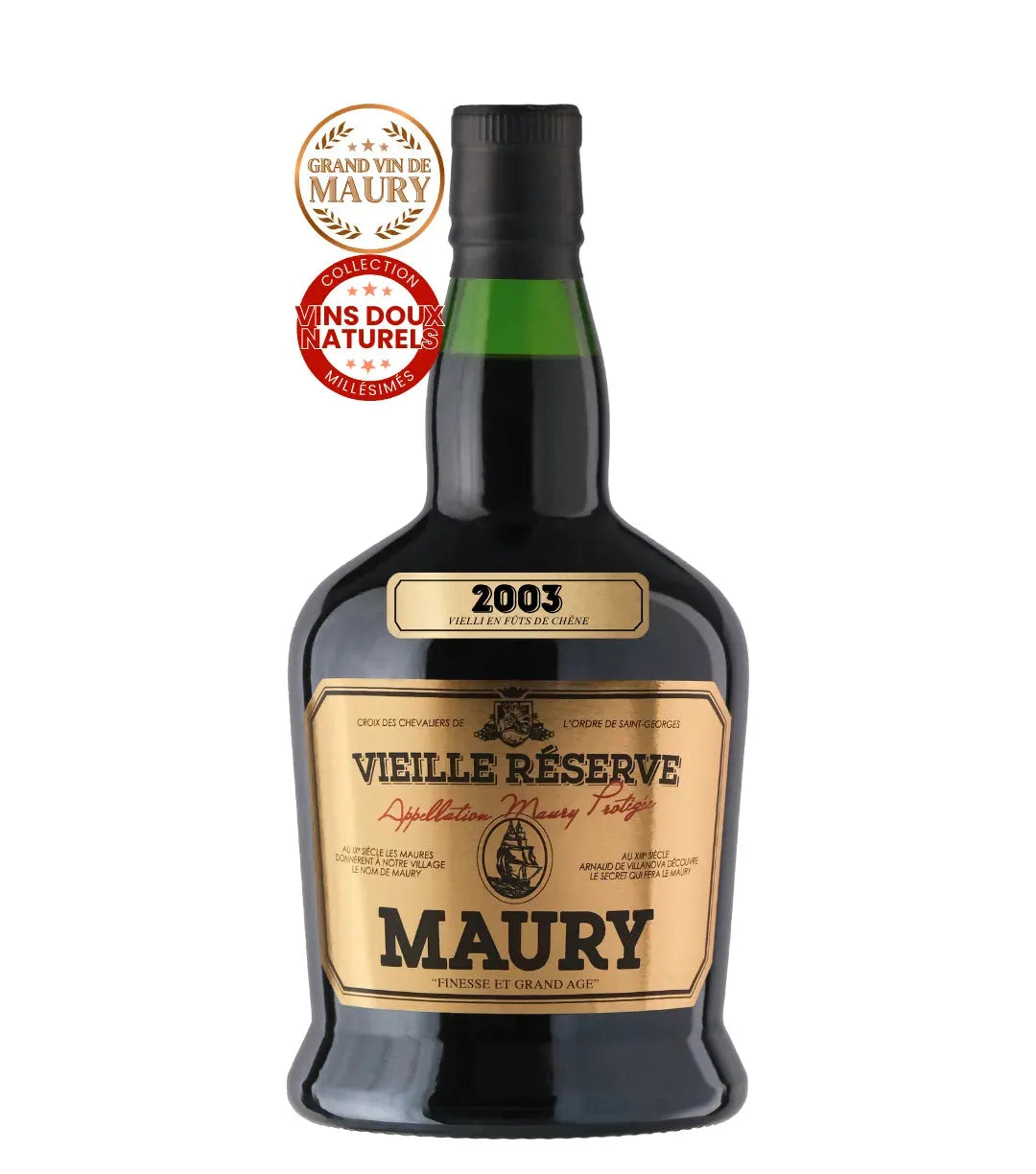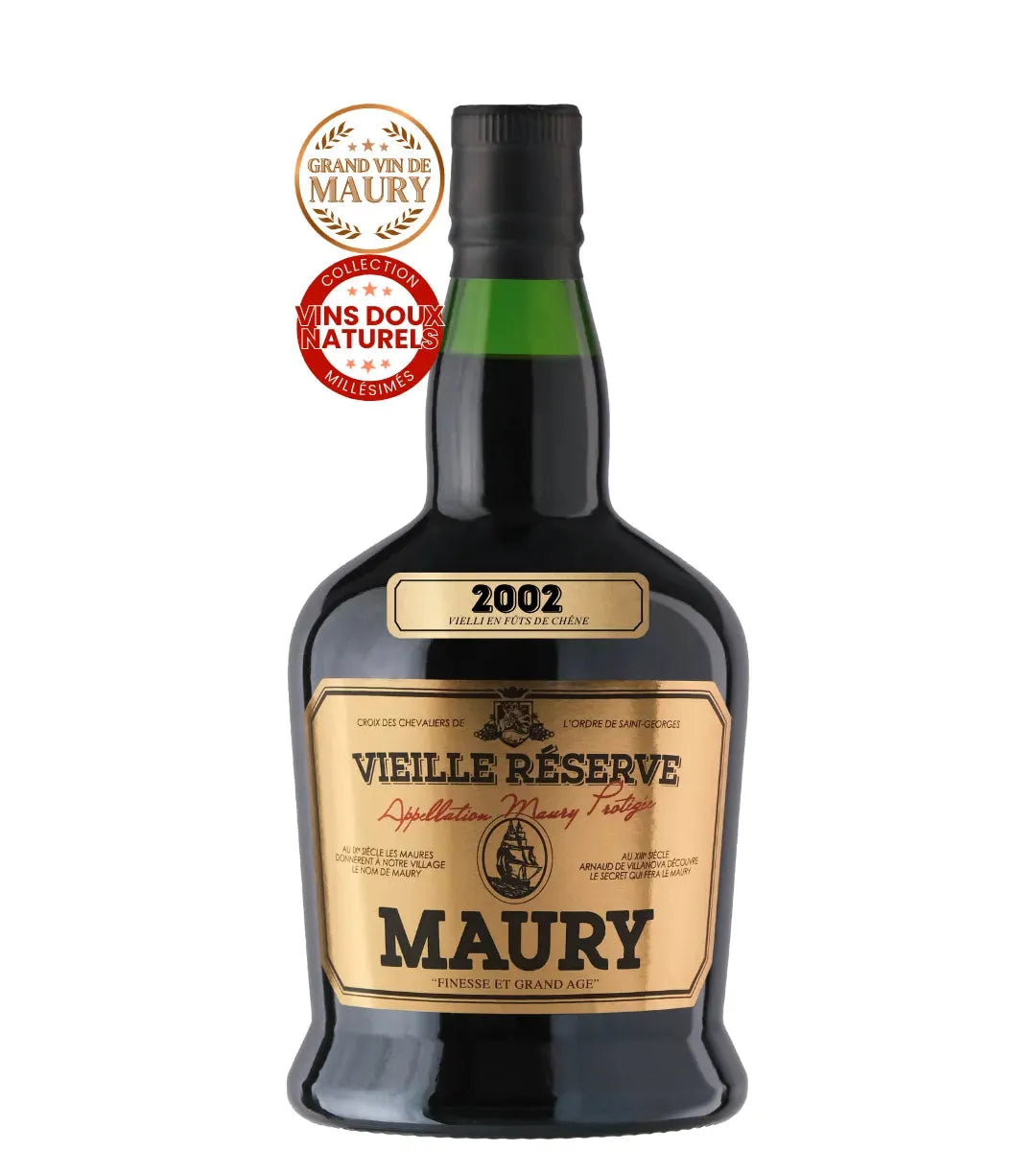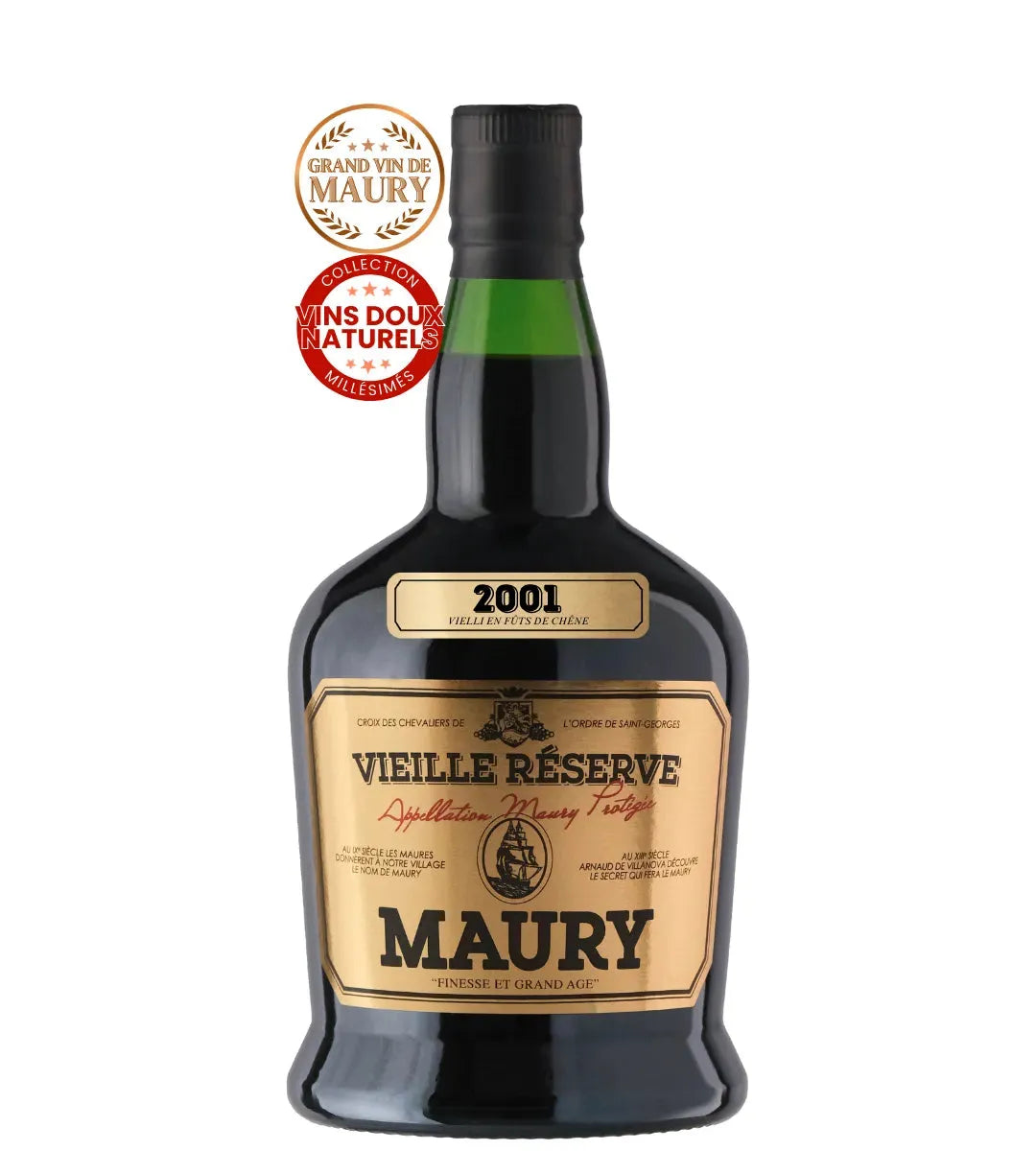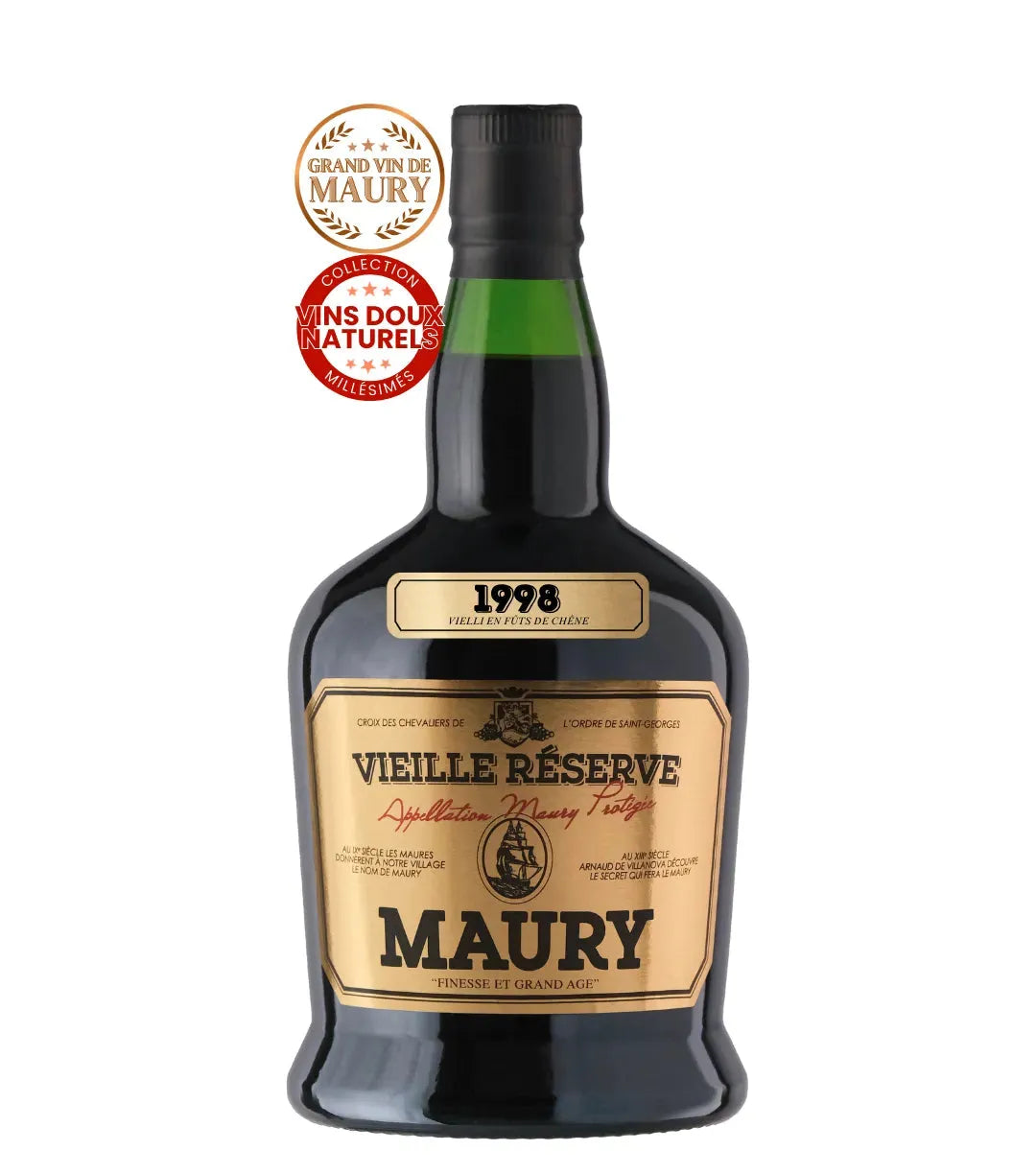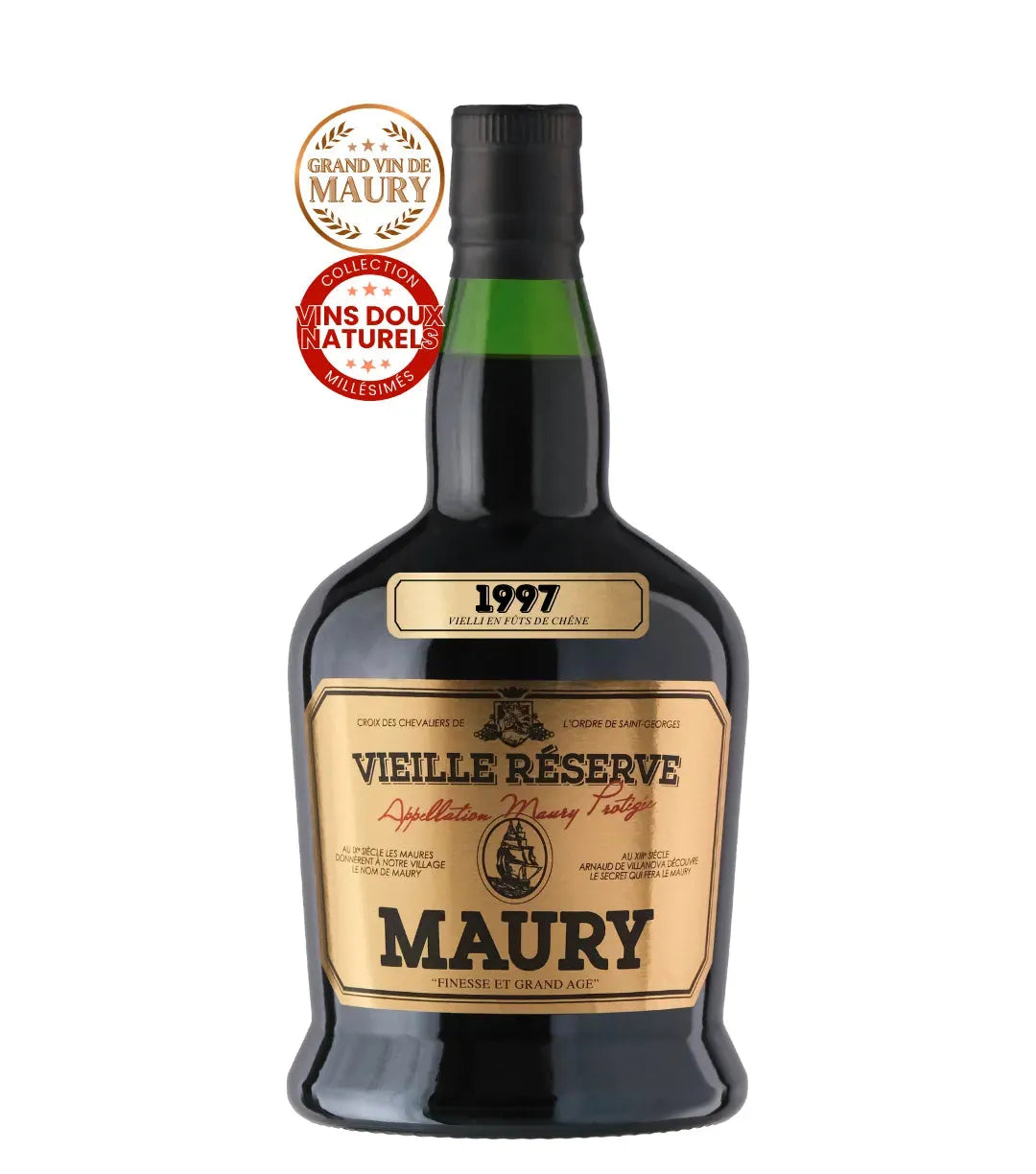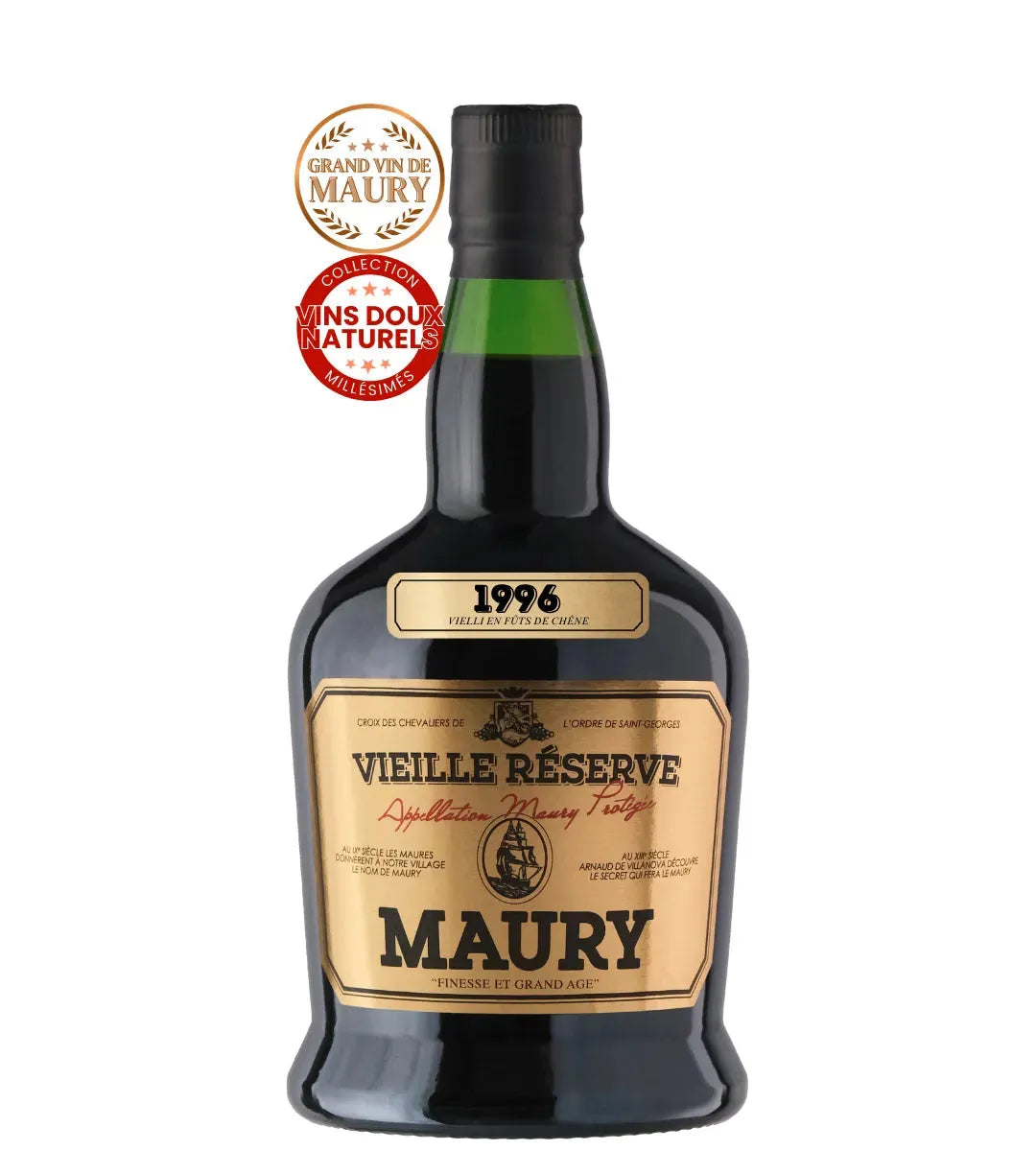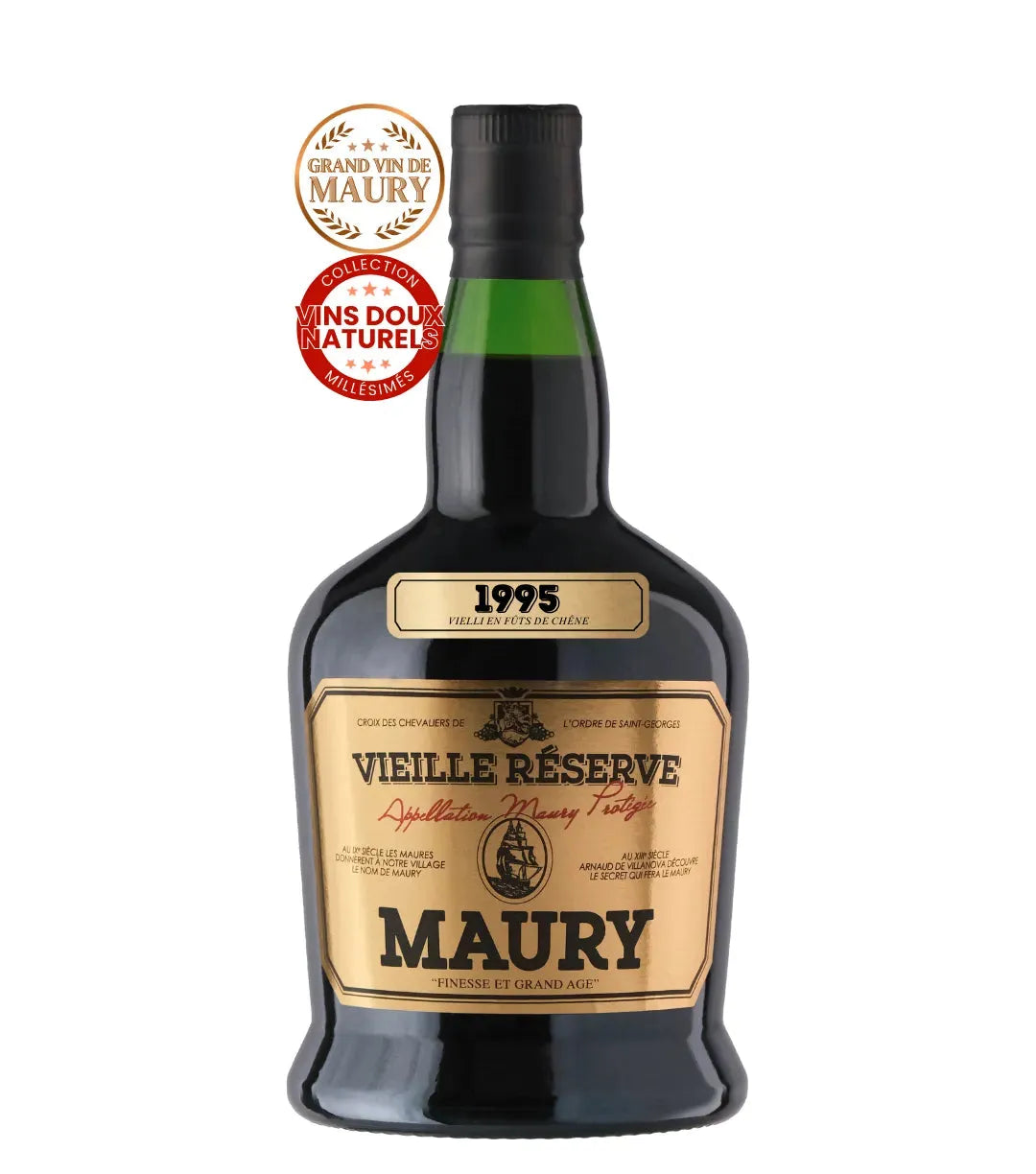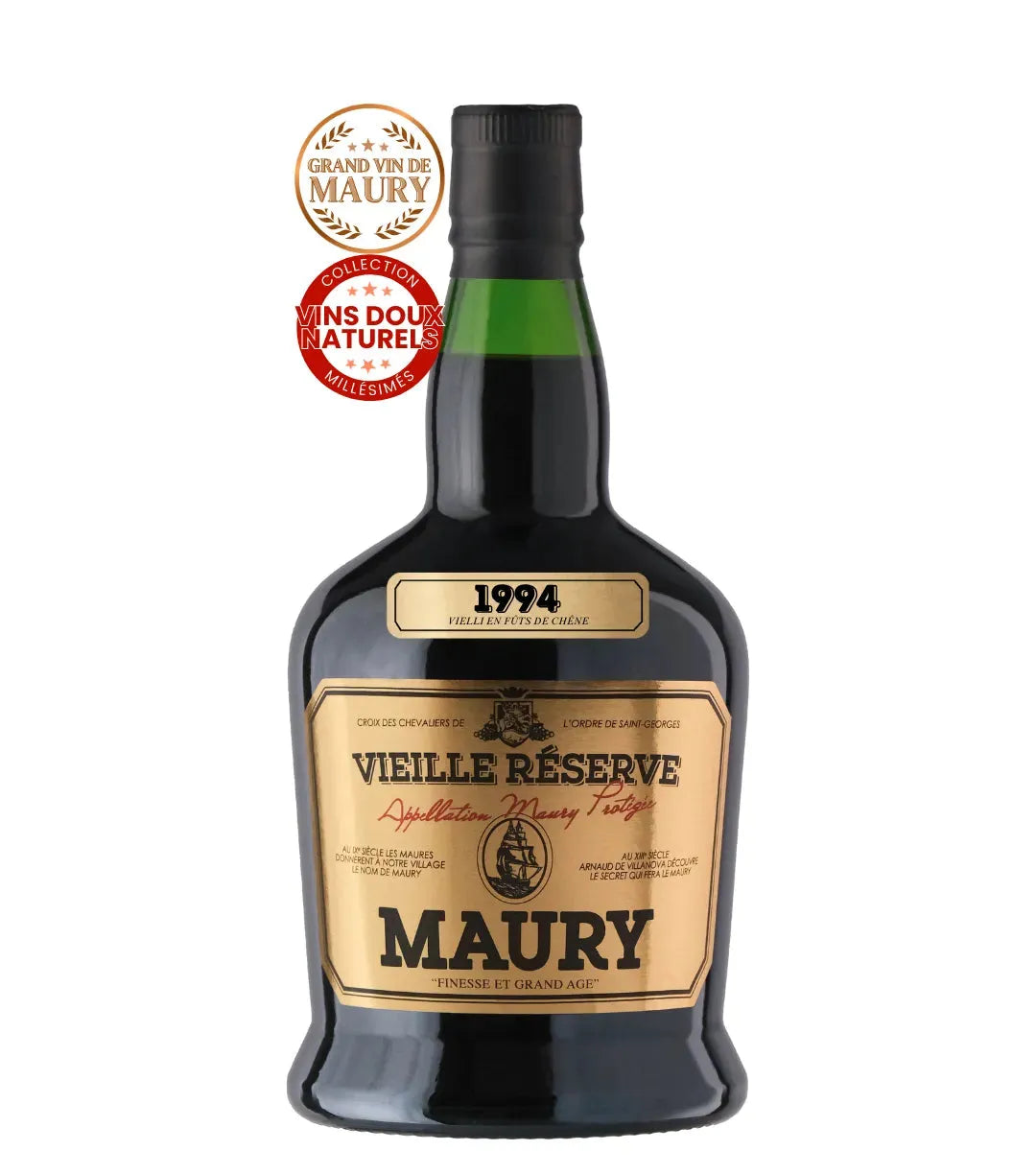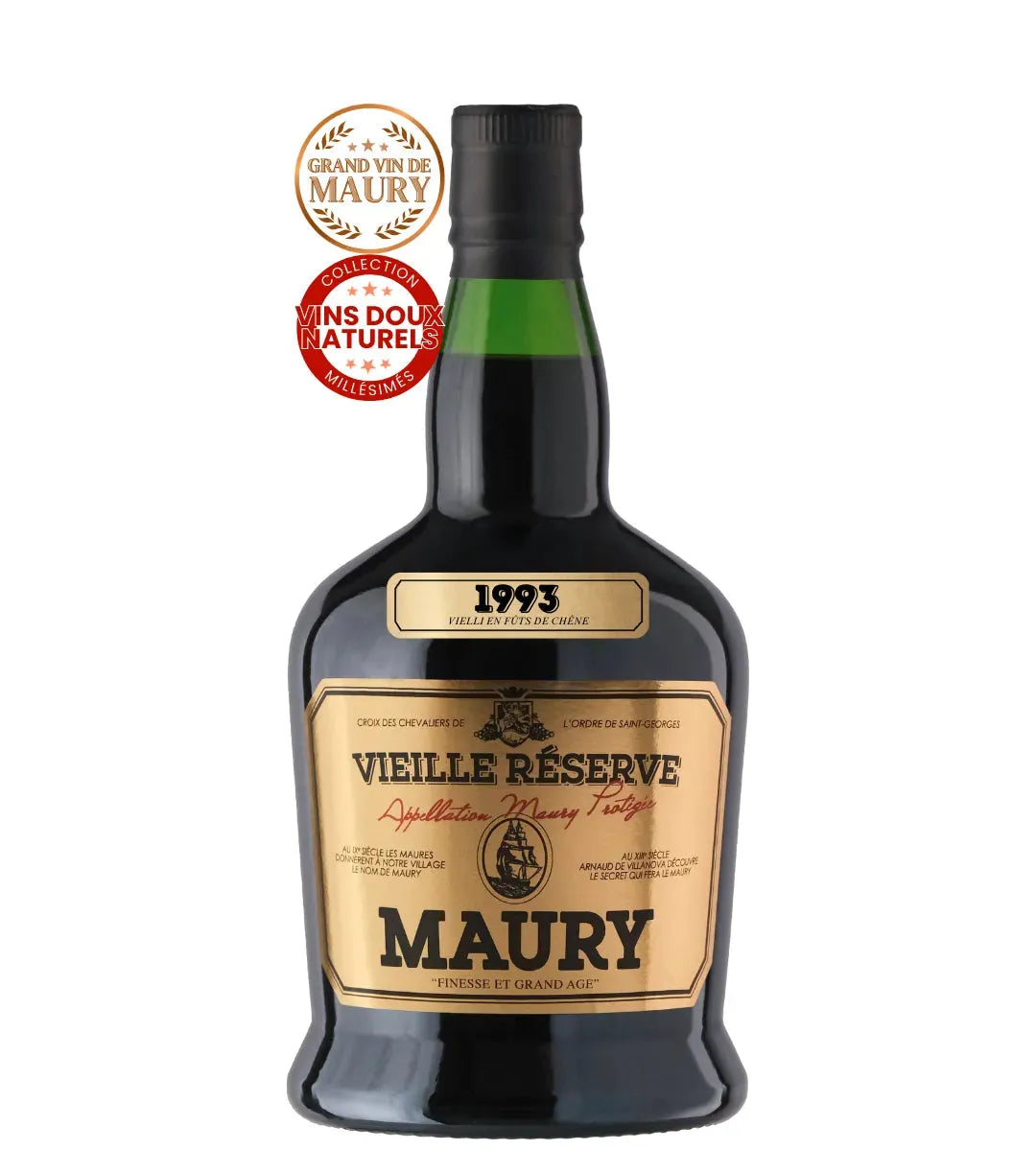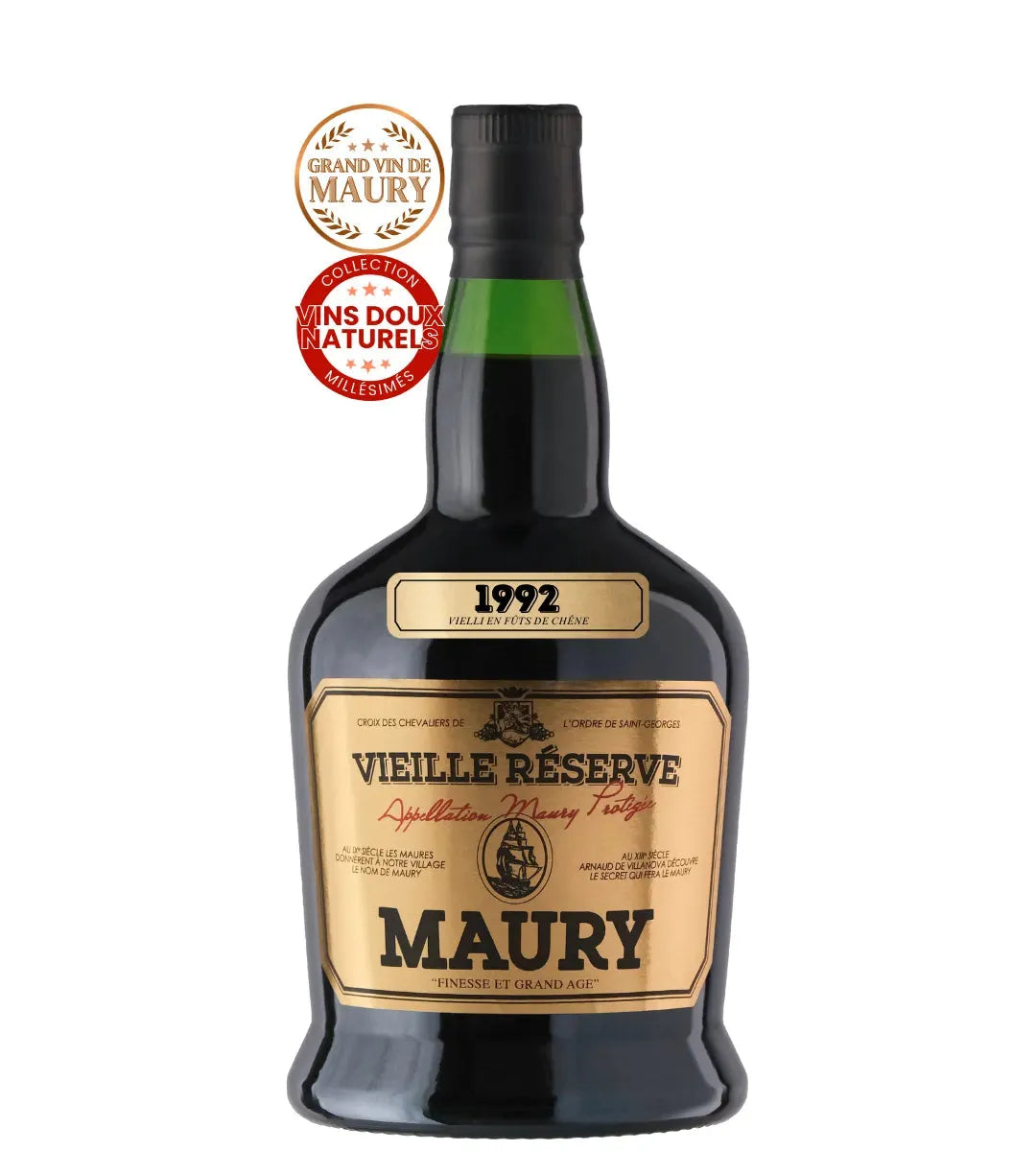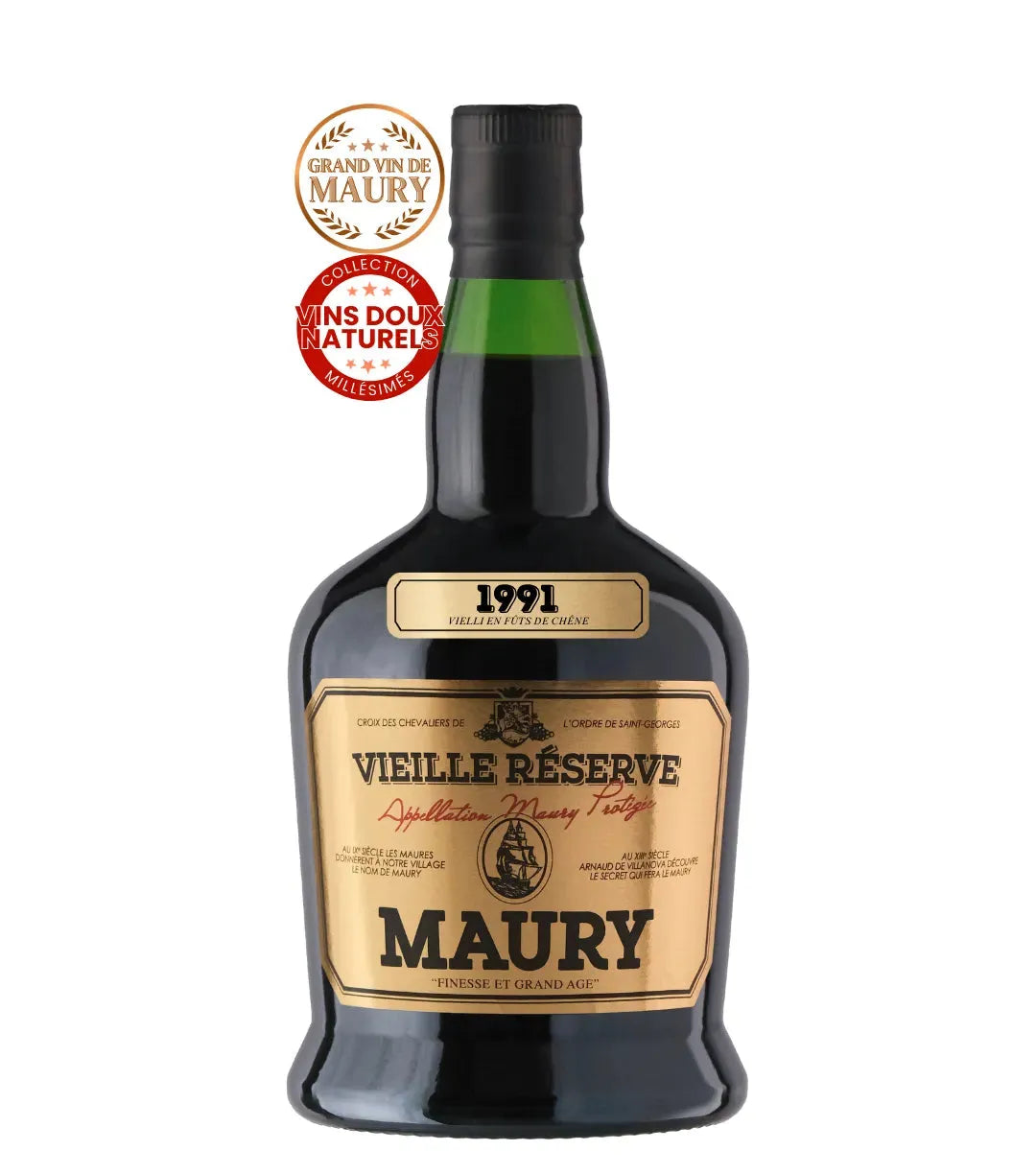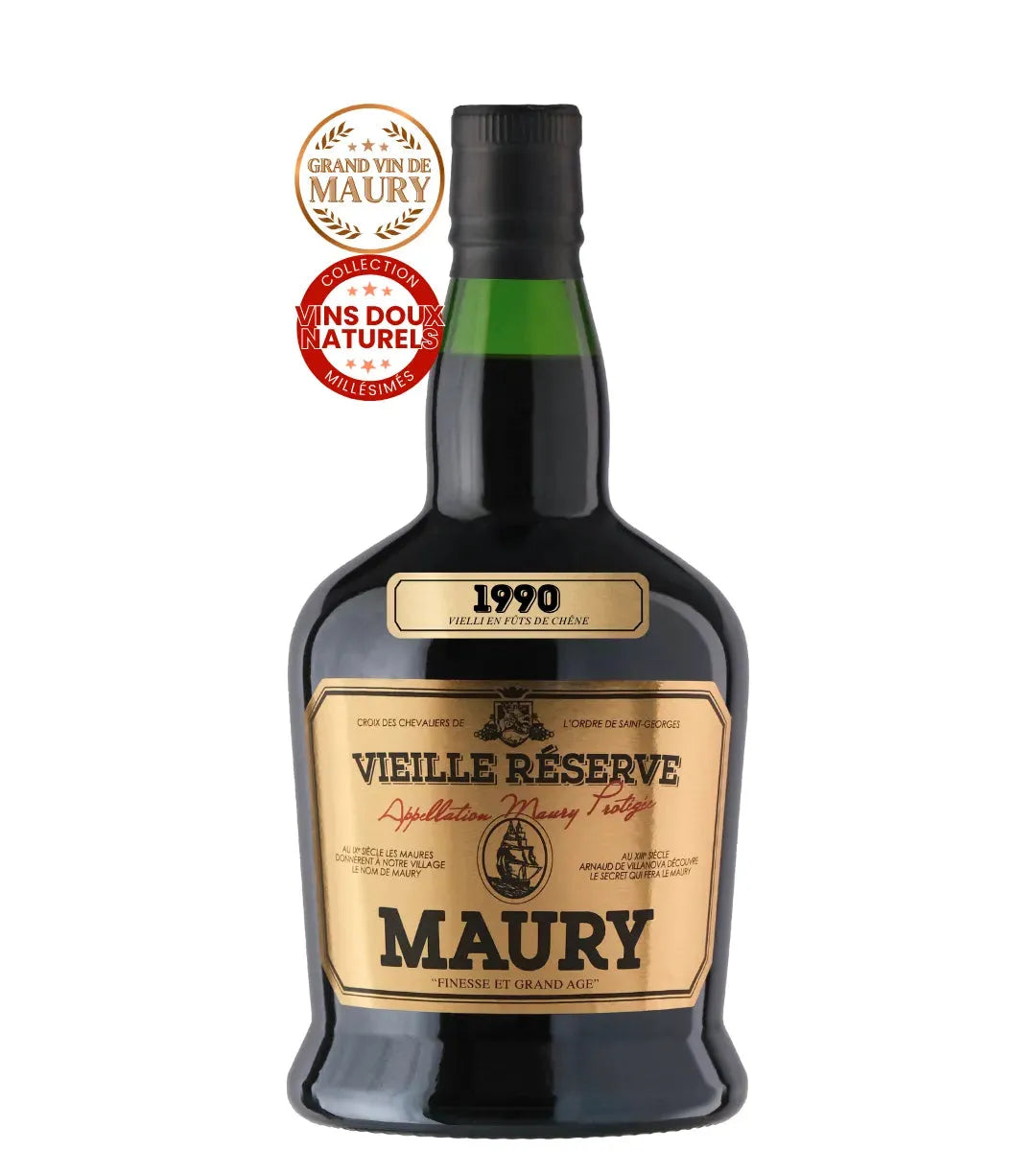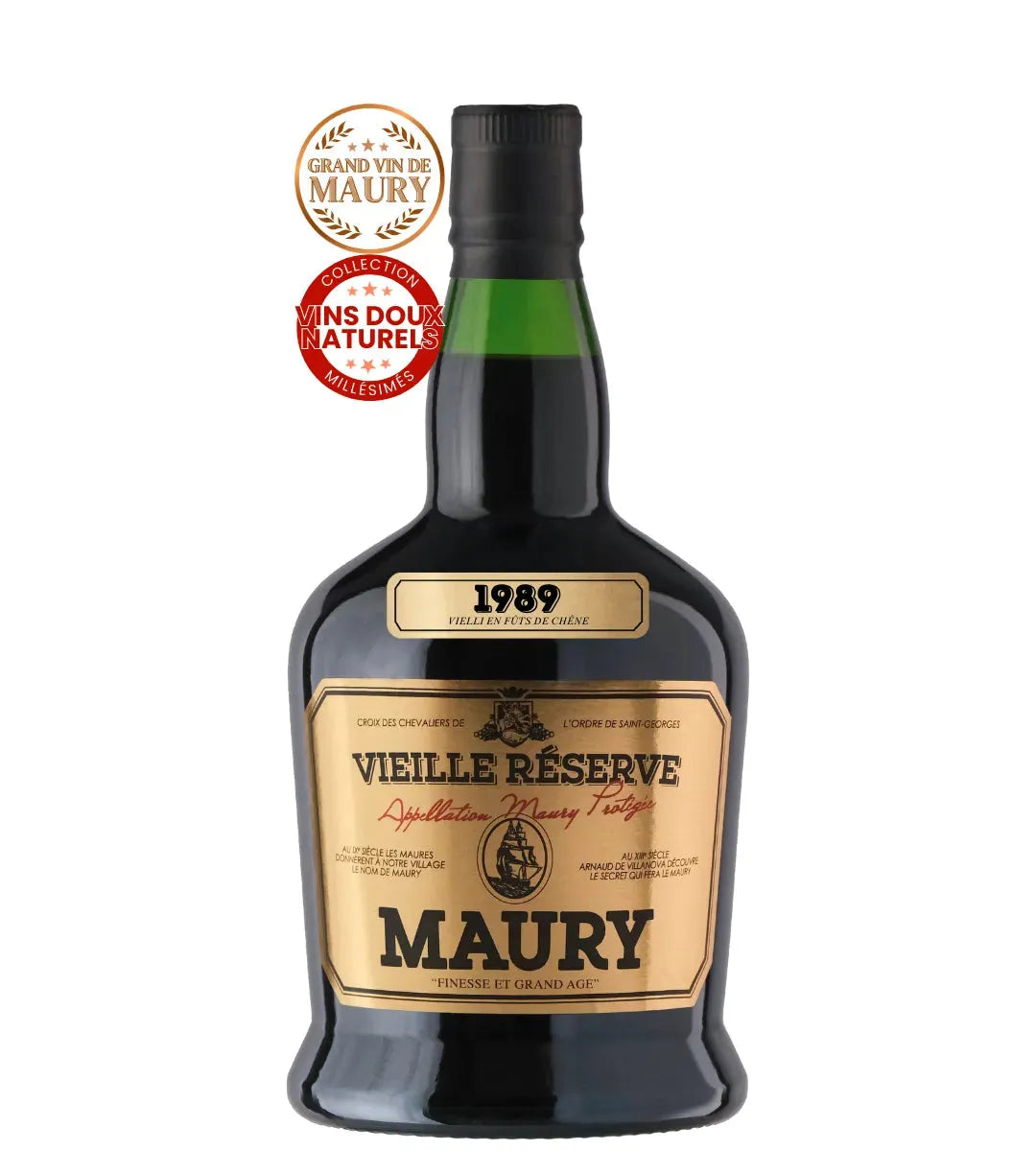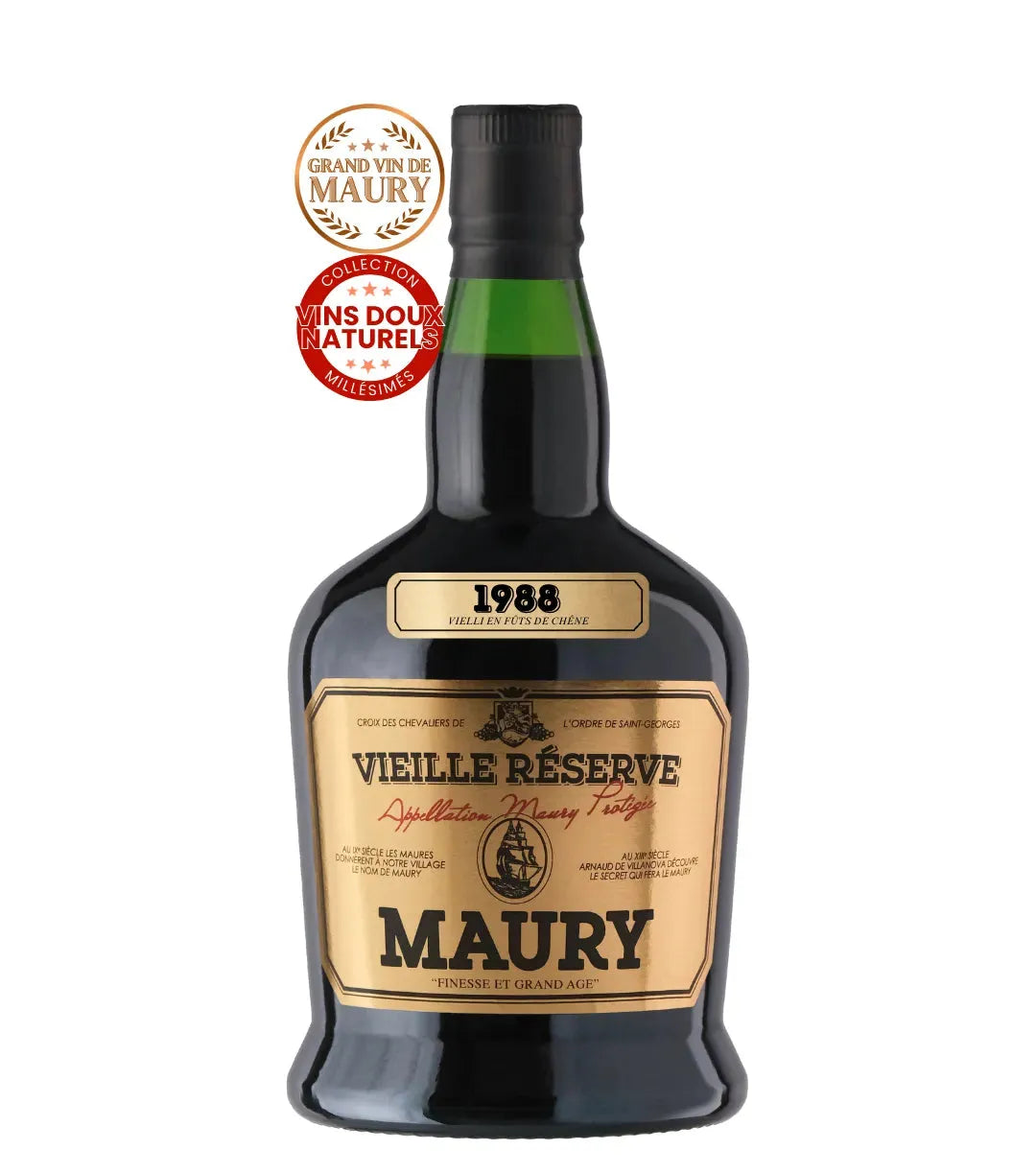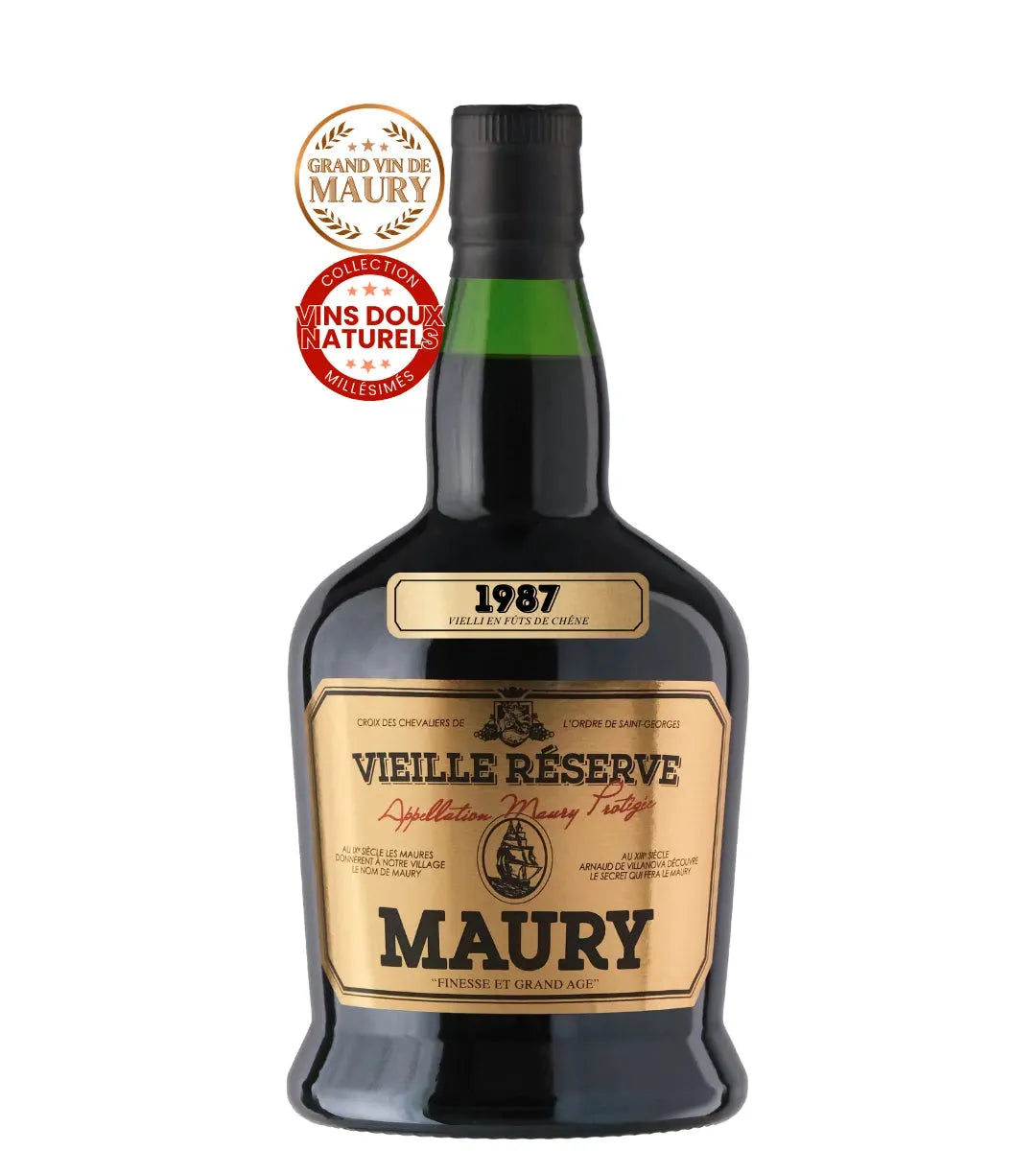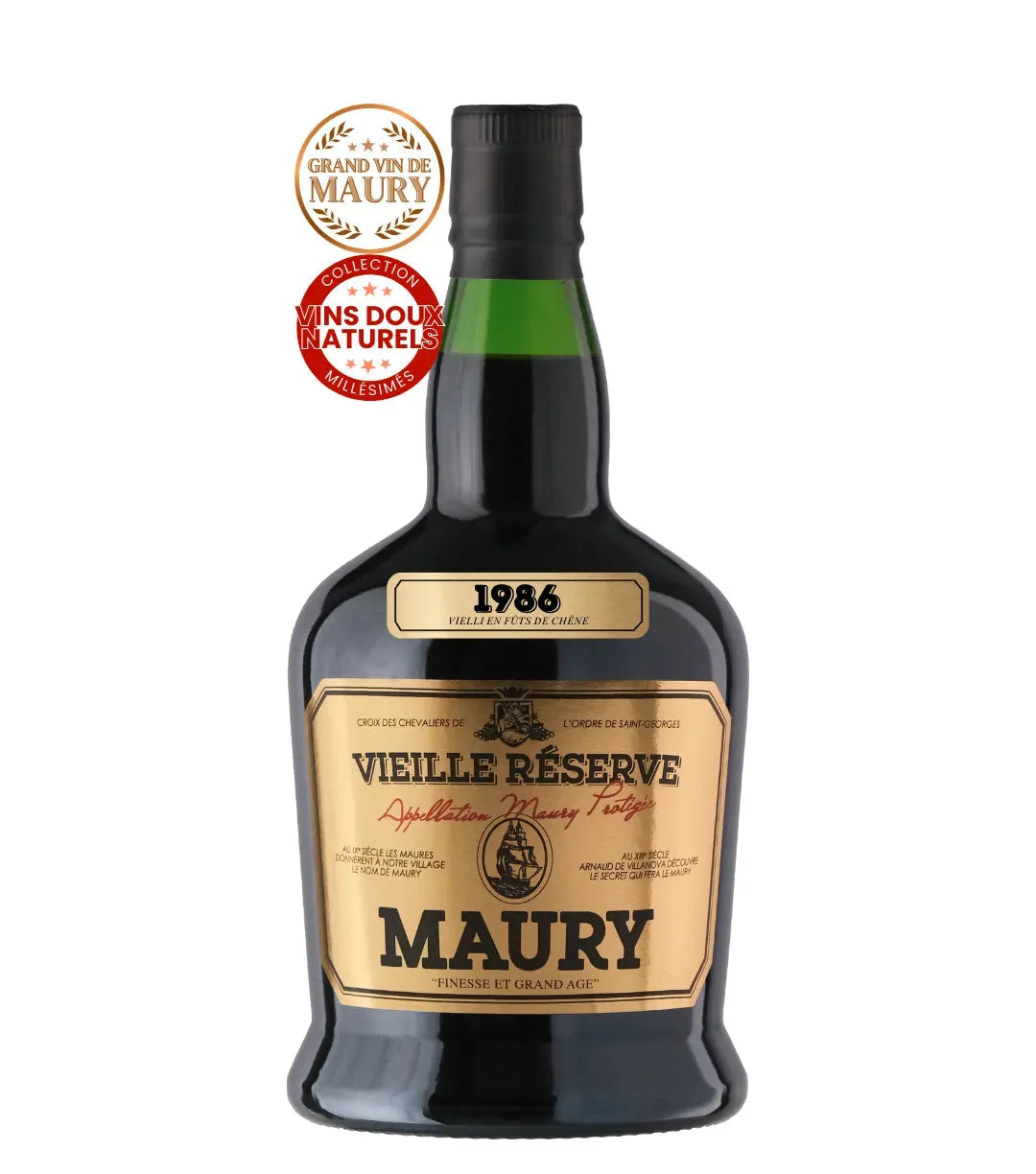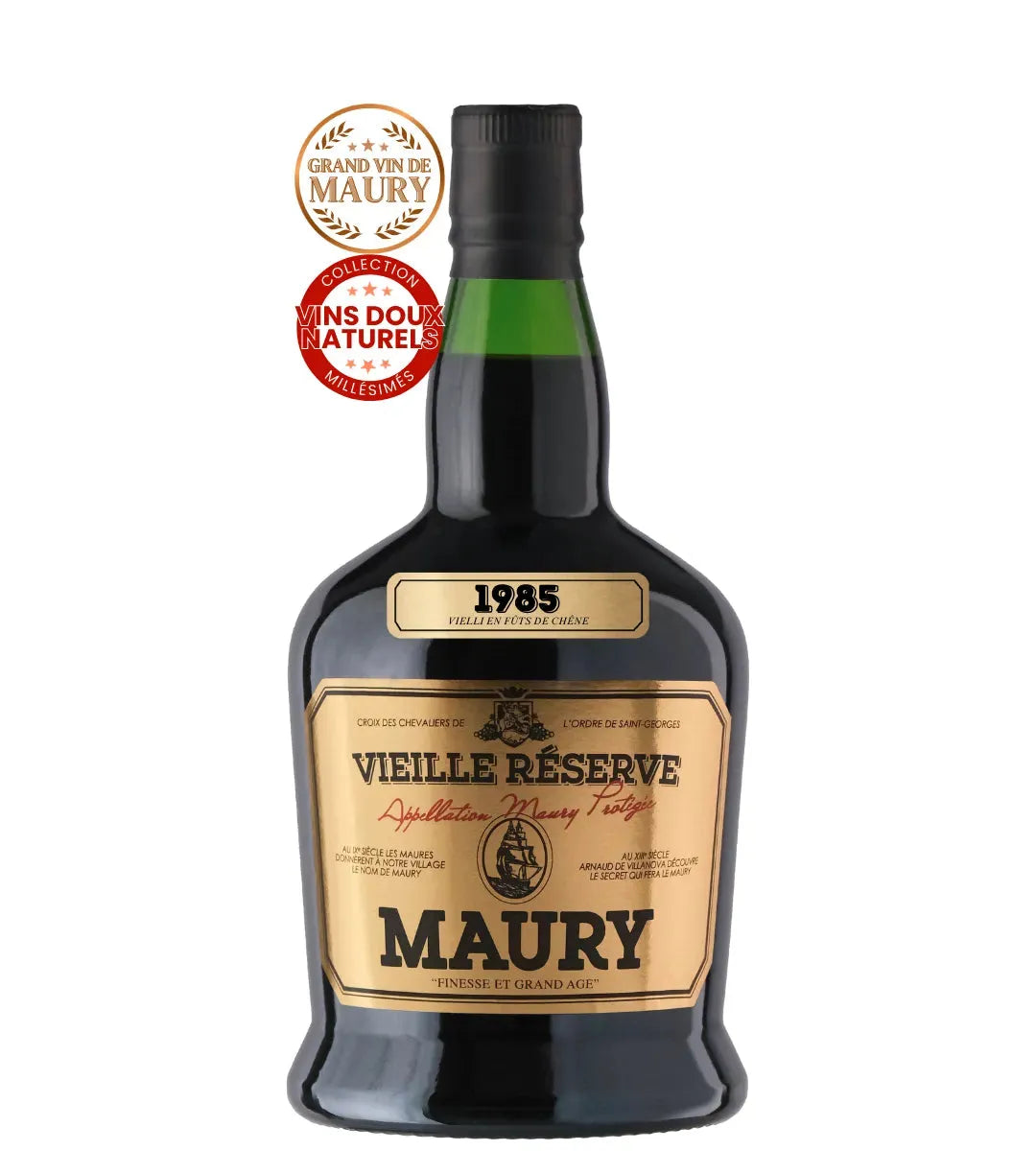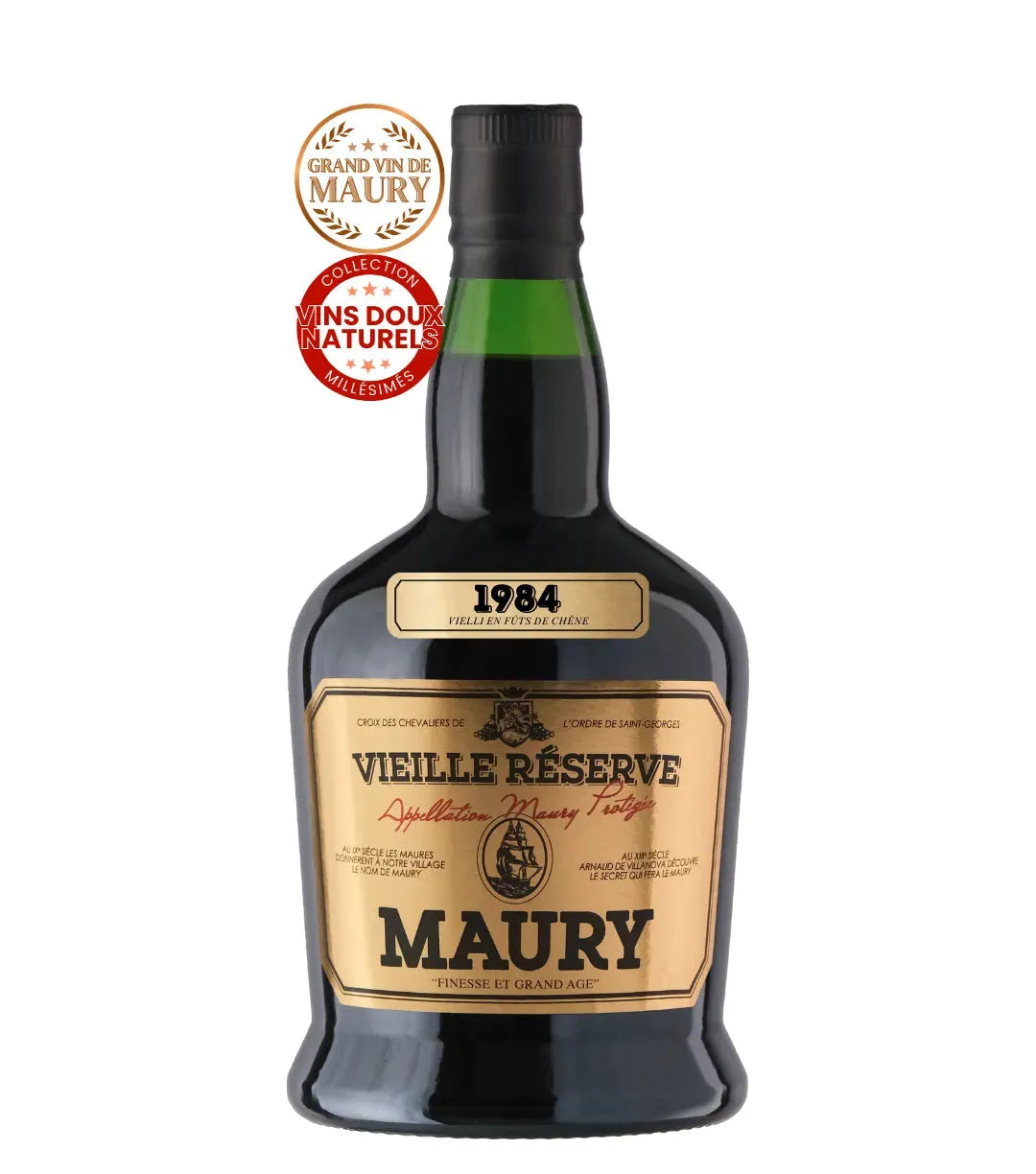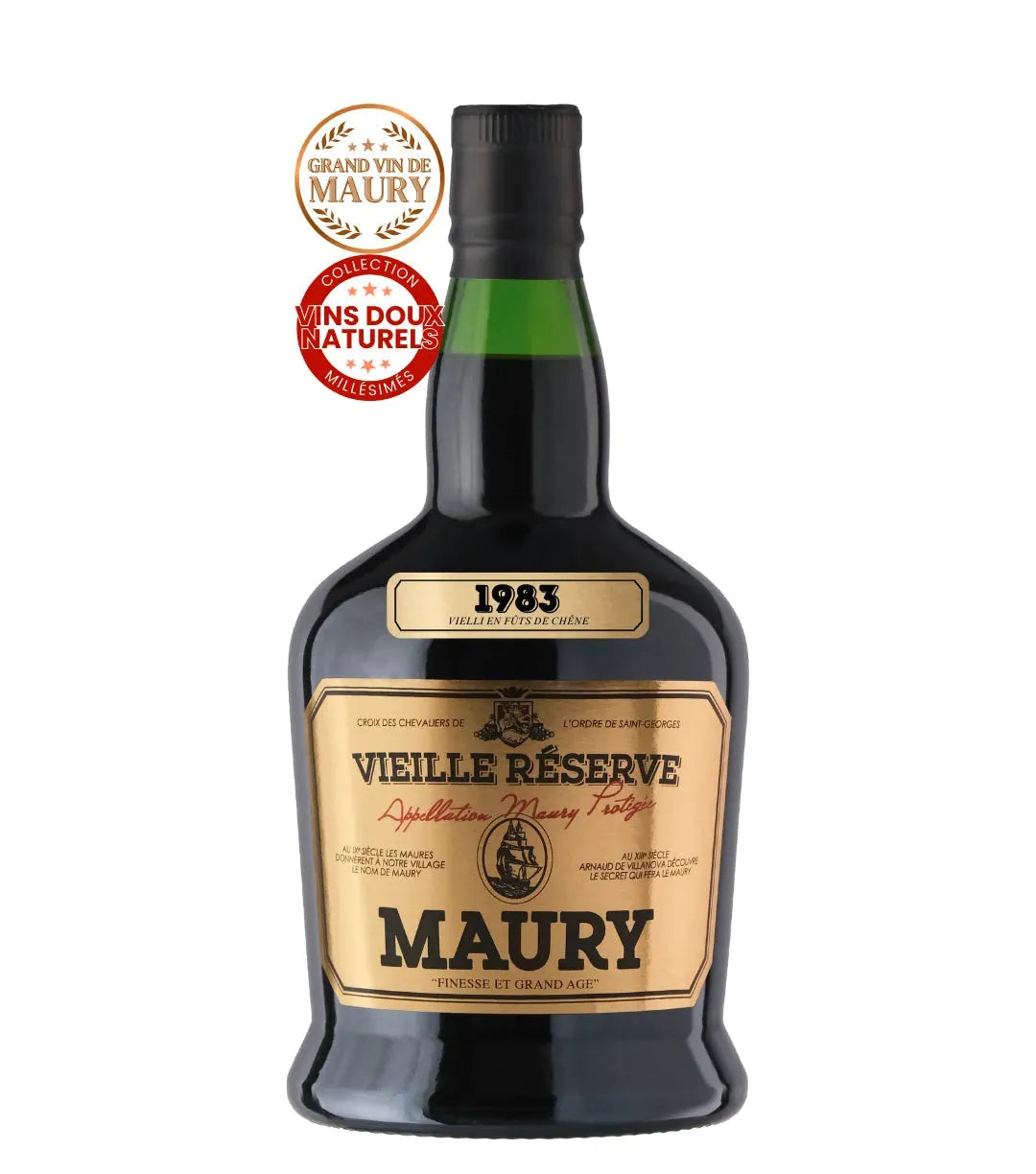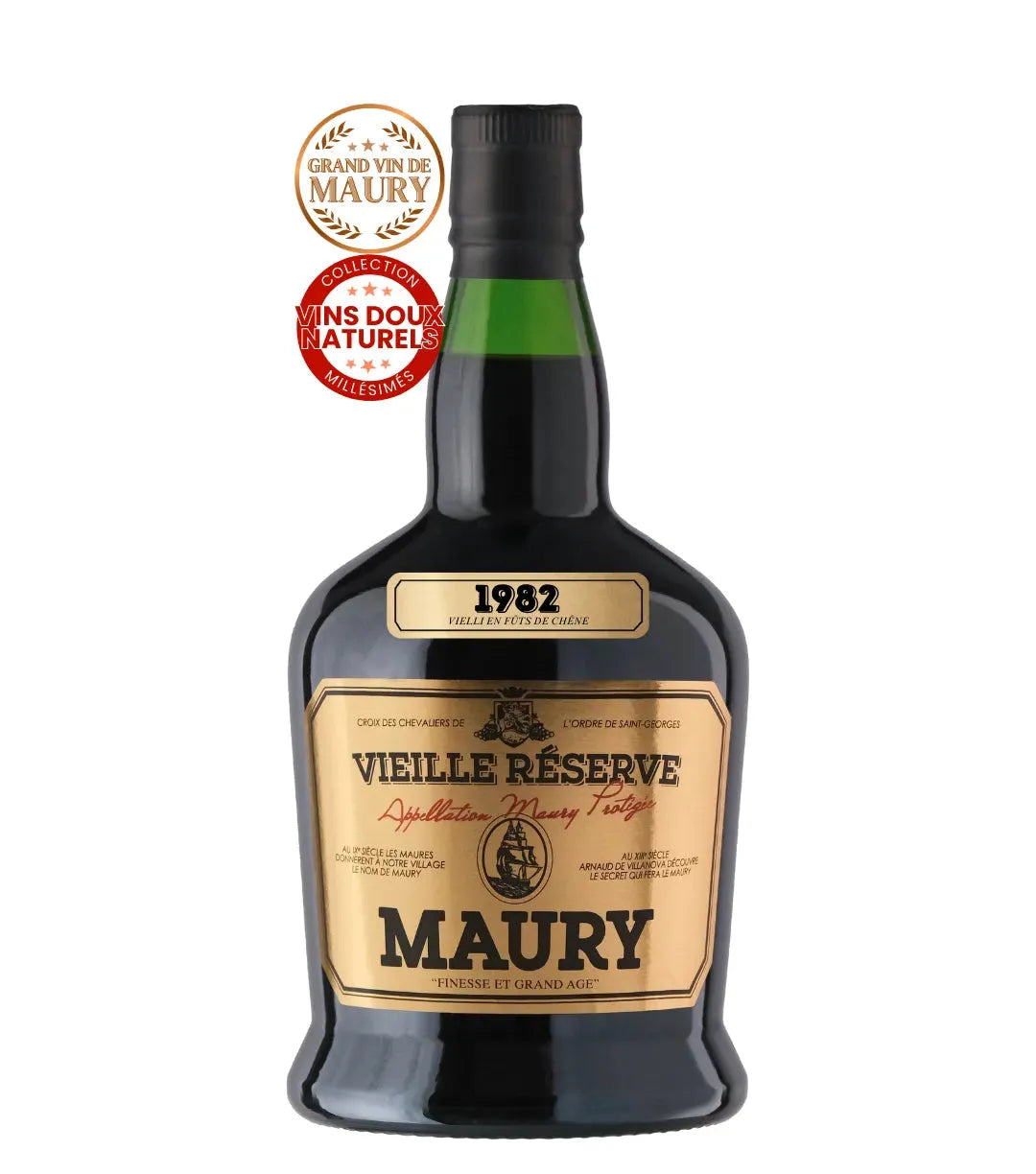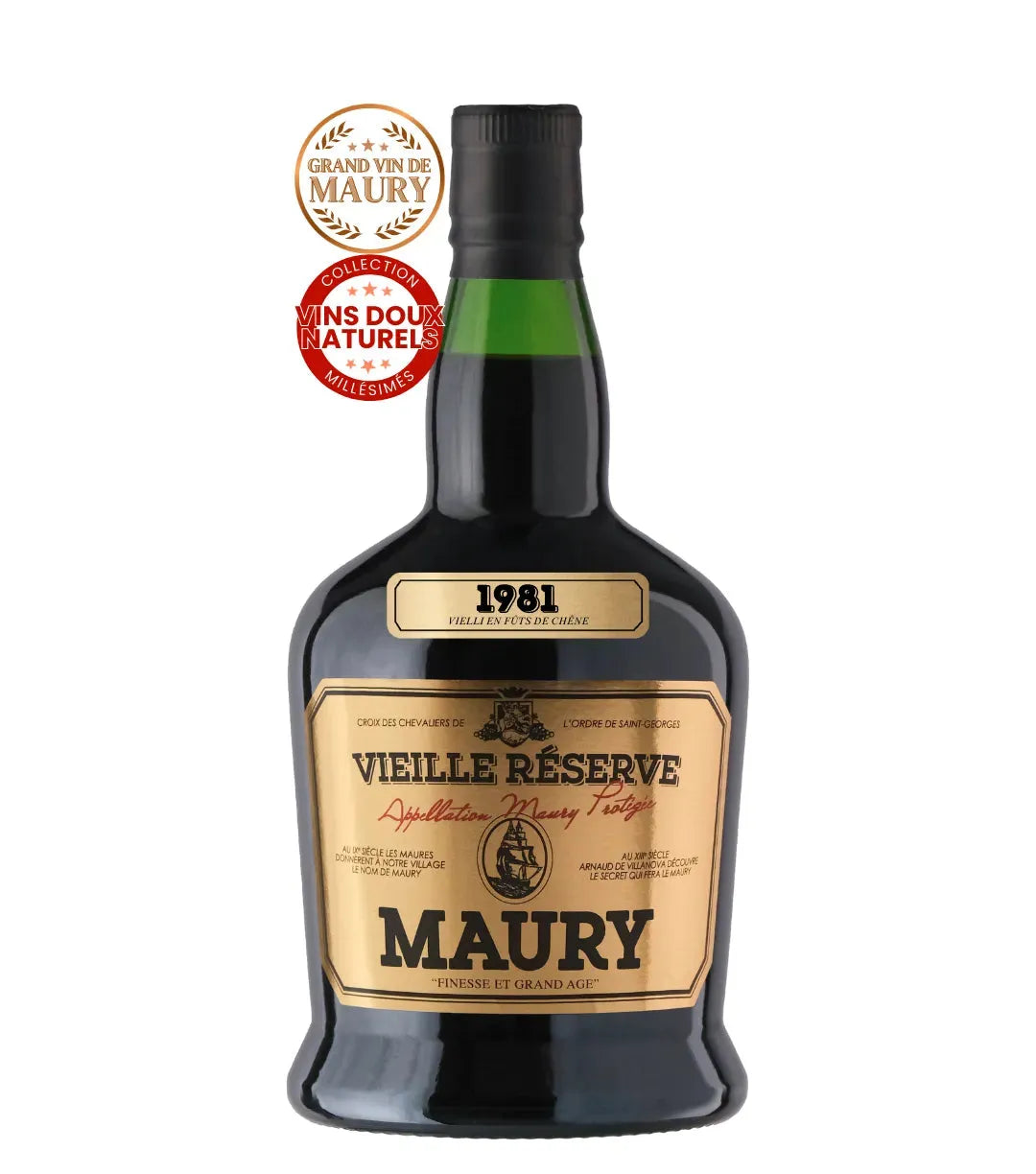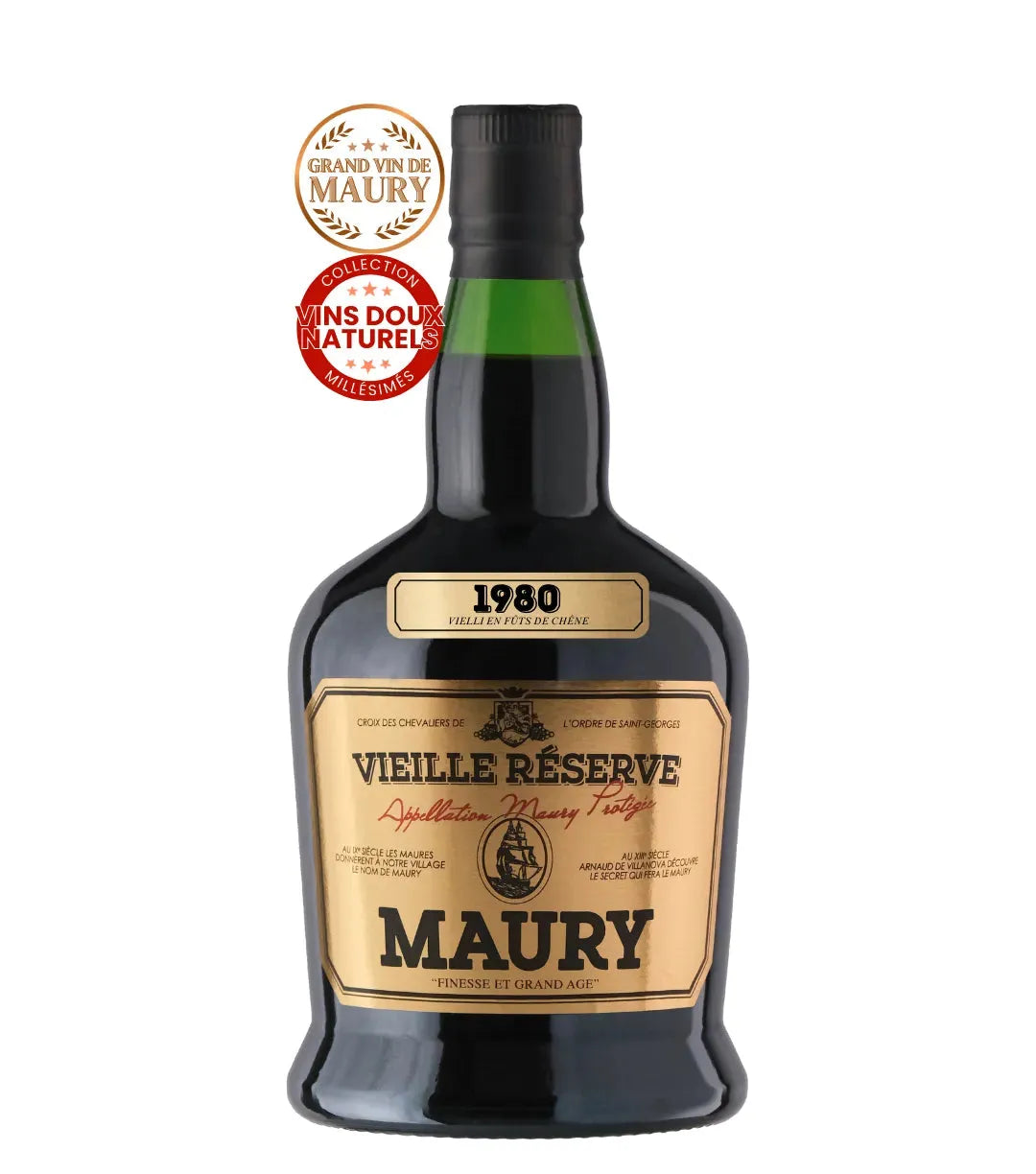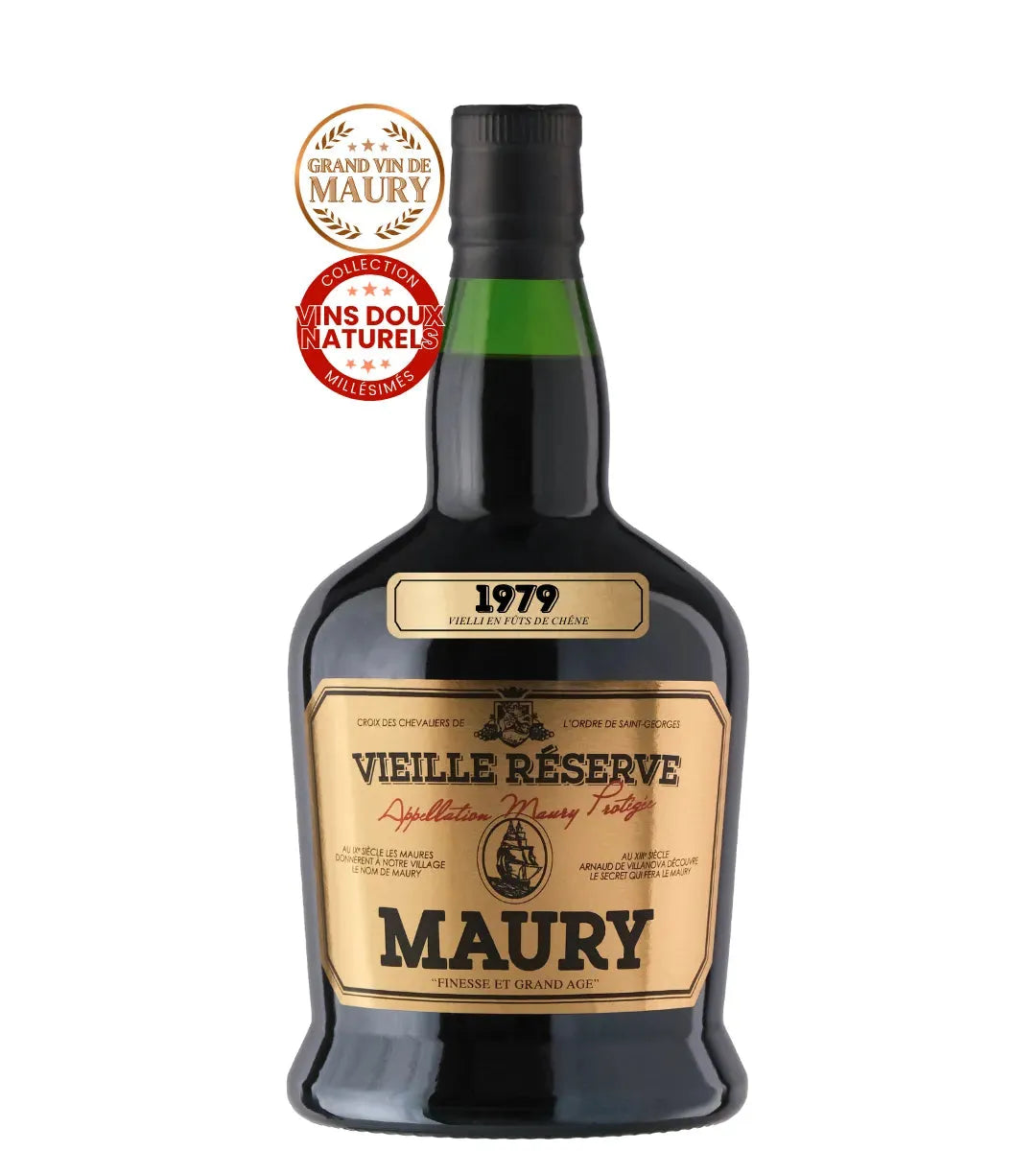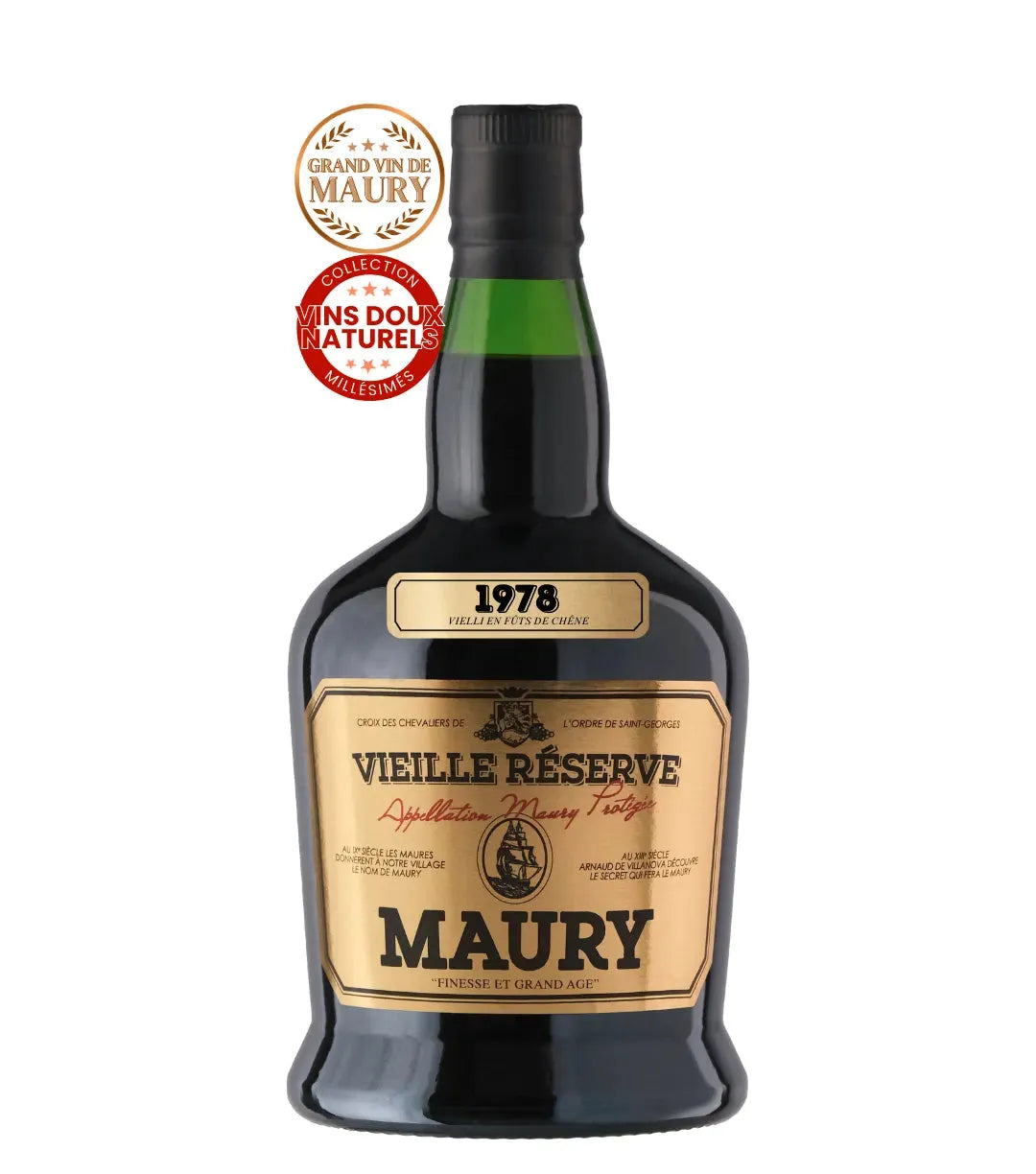
93 products
Grenache Red Wine
Fast delivery throughout Europe & UK
Fast delivery throughout Europe & UK. Free shipping from €150 in France


Grenache Noir is a versatile grape that knows how to diversify its portfolio. It's used in the fermentation of reds, rosés, and sweet wines. Originally from Spain, this wandering vine is now cultivated in the South of France, Australia, and the United States. Grenache Noir has earned a reputation as a "gourmand," which is no surprise given its delicious flavor profile: vanilla, cocoa, nutmeg, fig, cinnamon, and even brandy. This wine pairs perfectly with chocolate or any Iberian delicacy like tapas or pata negra ham. It's also a key component in prestigious AOC wines such as châteauneuf-du-pape and rivesaltes. A warning for the wise : Grenache Noir has a pretty strong alcohol content, so don’t go crazy or you will go overboard.

Châteauneuf-du-Pape AOC Rhône, France

AOP MAURY Roussillon, France
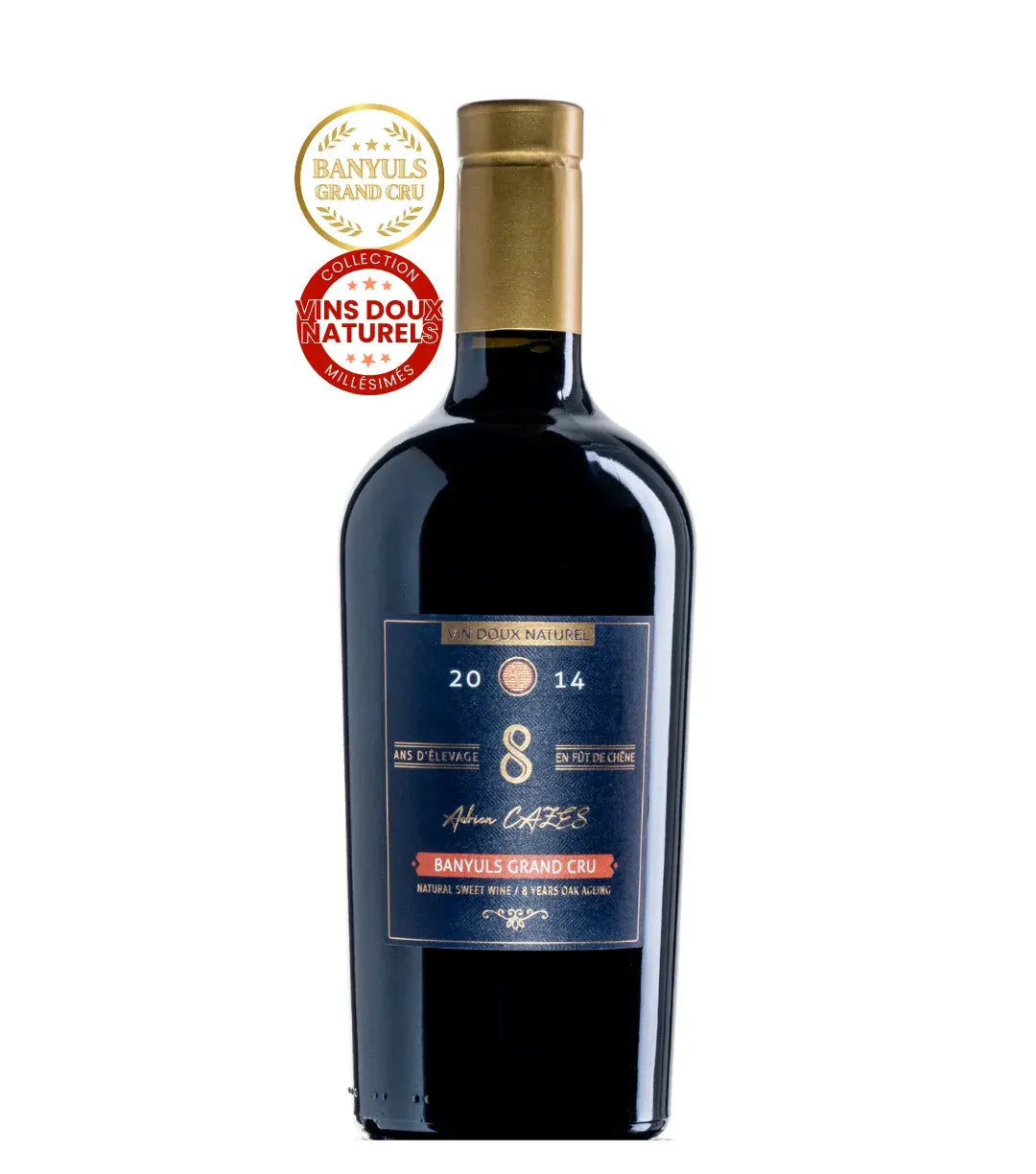
AOP BANYULS Roussillon, France
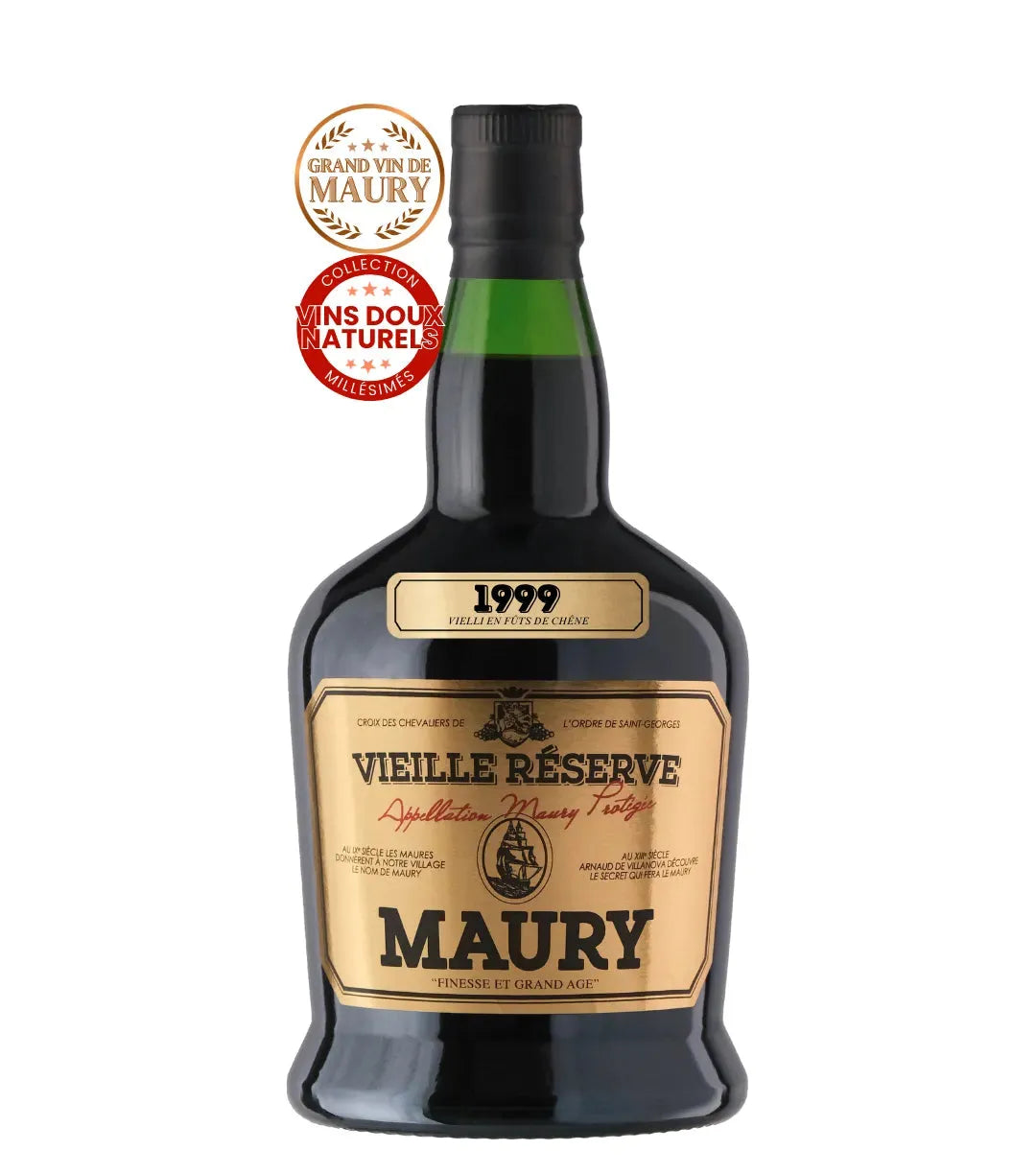
AOP MAURY Roussillon, France
Grenache Noir, also known as Garnacha in Spain, is an iconic grape variety with a long history and worldwide popularity. Originating from Spain, this grape has firmly established itself in France, particularly in the southern regions such as Languedoc-Roussillon, the Rhône Valley, and Provence.
Origins and Establishment
This variety traces its origins to the region of Aragon in Spain, where it has been historically cultivated for centuries. It was introduced to France during the Middle Ages, finding particularly favorable conditions in the warm and dry terroirs of the south. Today, it is widely planted in southern France, significantly contributing to the production of red, rosé, and natural sweet wines.
Characteristics and Aromatic Profile
Grenache Noir thrives in arid and stony terroirs, which allows it to fully ripen and express its aromatic potential. It is known for producing powerful wines, often marked by aromas of ripe red fruits, cherry, strawberry, and sometimes spicy and garrigue notes. These characteristics make it a preferred choice for robust red wines and the famous rosés of Provence, renowned for their freshness and delicate fruitiness.
Grenache and Natural Sweet Wines
The link between this grape and natural sweet wines is deeply rooted in wine history. Natural sweet wines, also called fortified wines, are made by interrupting fermentation by adding alcohol, thus preserving a natural concentration of sugar. Grenache excels in this role, producing renowned natural sweet wines such as Banyuls, Banyuls Grand Cru, and Maury. In France, the natural sweet wines of Maury and Banyuls also have this distinctive profile.
A Globally Widespread Grape
As the most planted grape variety in the world, Grenache flourishes in many wine regions. Besides France and Spain, it is successfully cultivated in Australia, the United States, Italy, and other Mediterranean countries. Each region brings its specific nuances, but everywhere it is appreciated for its ability to produce quality wines, whether red, rosé, or sweet.
Spanish Wines and the Influence of Rancio
In Spain, Grenache, under the name Garnacha, is particularly valued for its ability to produce wines with the distinctive character of "rancio." This profile, achieved through prolonged aging in an oxidative environment, enriches wines with notes of dried fruits, nuts, and caramel, adding extra complexity.
Rancio develops through controlled oxidation, often by exposing the wine to air in partially filled barrels or demijohns stored in warm environments. The resulting wines offer aromas of dried fruits like nuts and almonds, as well as flavors of caramel and toffee. Spicy and roasted notes, such as tobacco, leather, cocoa, and coffee, complete this profile, adding depth and complexity.
Spanish wines like Garnacha Vieja and Montilla-Moriles are known for developing these rancio qualities. In France, the natural sweet wines of Banyuls and Maury also exhibit this distinctive profile. This rich and complex dimension continues to captivate traditional wine enthusiasts.
Grenache is not only a key player in global viticulture but also a symbol of diversity and quality. Whether in a robust red wine, a refreshing Provence rosé, or a rich and complex natural sweet wine, this grape variety continues to captivate wine lovers worldwide.
For more information, check out our list of grape varieties!



